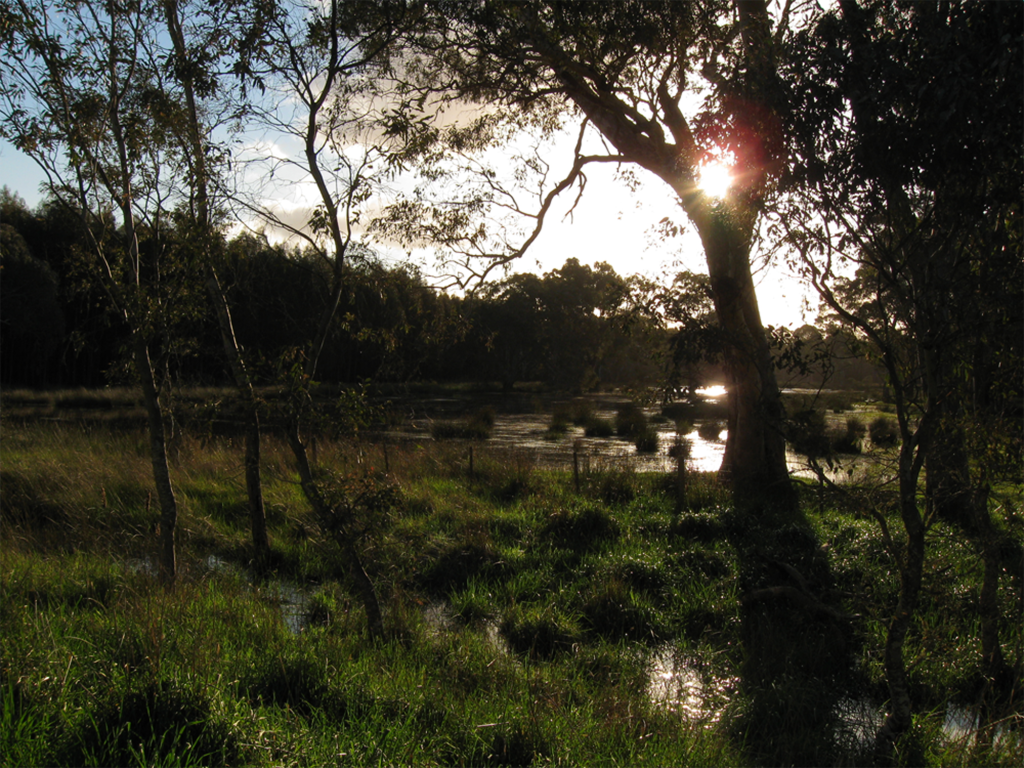First Nations Voices
Adelaide Fringe
Payinthi (Prospect Town Hall) – Thursday, 23 February 2023
Farrell Flat Hall – Friday, 24 February 2023
Sinclair’s Gully Winery, Norton Summit – Saturday, 25 February 2023
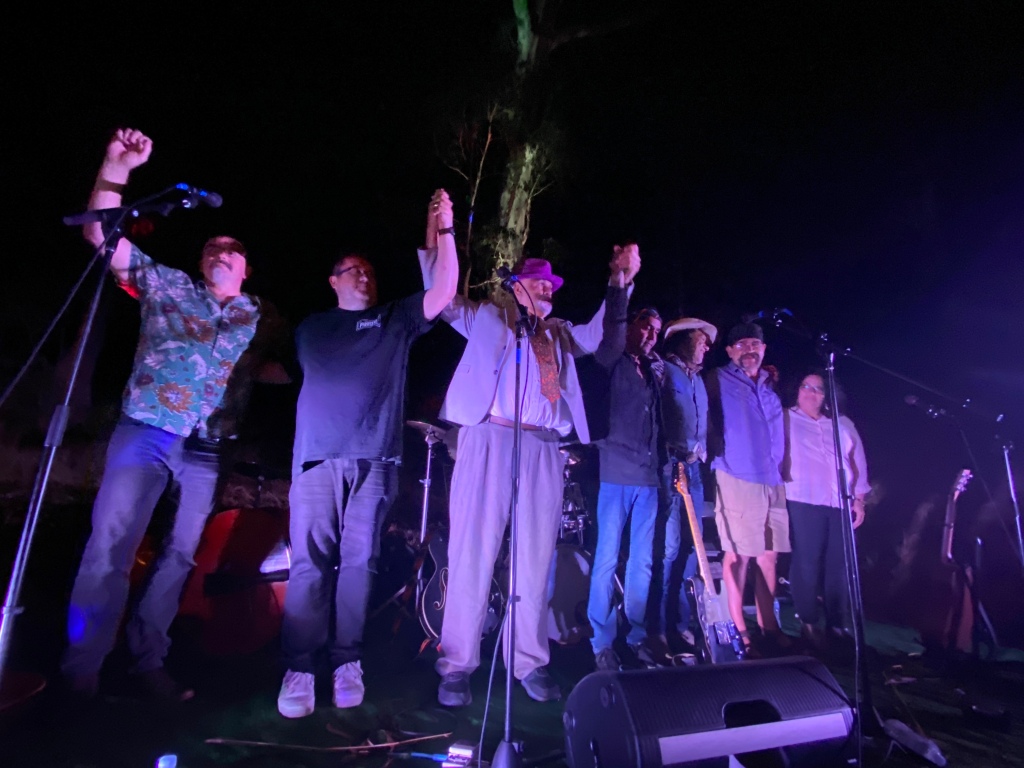
Once again it is Festival season in Adelaide and CrossBorder Tales swings back into action as I navigate my way through all the 2023 Adelaide Fringe and Adelaide Festival offers.
It seems fitting that as 2023 sees a national conversation occurring on the Voice to Parliament, I have taken to the road with a group of First Nations artists with their Adelaide Fringe production First Nations Voices. A wonderful and at times spellbinding odyssey of truth telling through music and yarns.
Right from the outset this is a production that has resonated strongly having taken out the Best Music Award during its premiere season at the 2021 Adelaide Fringe. Since then, there has been several iterations of this program around South Australia and the Port Fairy Folk Festival. The 2023 edition is equally powerful with Adelaide-based singer songwriters Glenn Skuthorpe (Nhunggabarra, Kooma and Muruwari) and Nancy Bates (Barkindij), joined this time by Kaurna Elder Allen Edwards Senior, Gu Gu Yelanji song man Jungaji Brady and Torres Strait Islander Getano J Bann. The quartet superbly supported by Mike Haynes on bass and Dave Branton on drums.
By opening night at Payinthi the winds of change were already blowing with the South Australian Voice passing through the Legislative Council (upper house) just hours beforehand. With the legislation expected to go through the House of Assembly within the next few weeks you can feel the hope and expectation.
Immediately from the opening instrumental, a musical welcome and acknowledgement of country, you are transported on a sound journey that spans across this continent. It is powerful and spellbinding. As the songs unfold through the evening you can’t help but hear the birds in the trees, taste the fresh and salt water that surround and crisscross this land and the glow of the Milky Way as it dances across the night sky. This is a recognition of spirit.
During opening night, despite the late summer heatwave descending on Kaurna country it was a high energy show with the audience spellbound as the stories and music interweaved to create a powerful magic. At times you laughed and cried, while at other times you just wanted to sing and dance it was just enthralling.
Despite the air of optimism and the talk about change, nevertheless the legacy of colonialism is a core theme of the show. All four yarning on the injustices experienced, witnessed and shamefully still occurring in 2023. First Nations Voices is a chance for truth telling through song. These stories are honest and unflinching.
Before performing the hauntingly beautiful What Love Is, Bates raises the cold hard fact that Indigenous women are now the fastest growing prison population in Australia is that of Indigenous women – now at 37% – more than 20 times the rate of non-Indigenous women. A statistic more often than not linked to domestic, family sexual and other forms of violence against women.
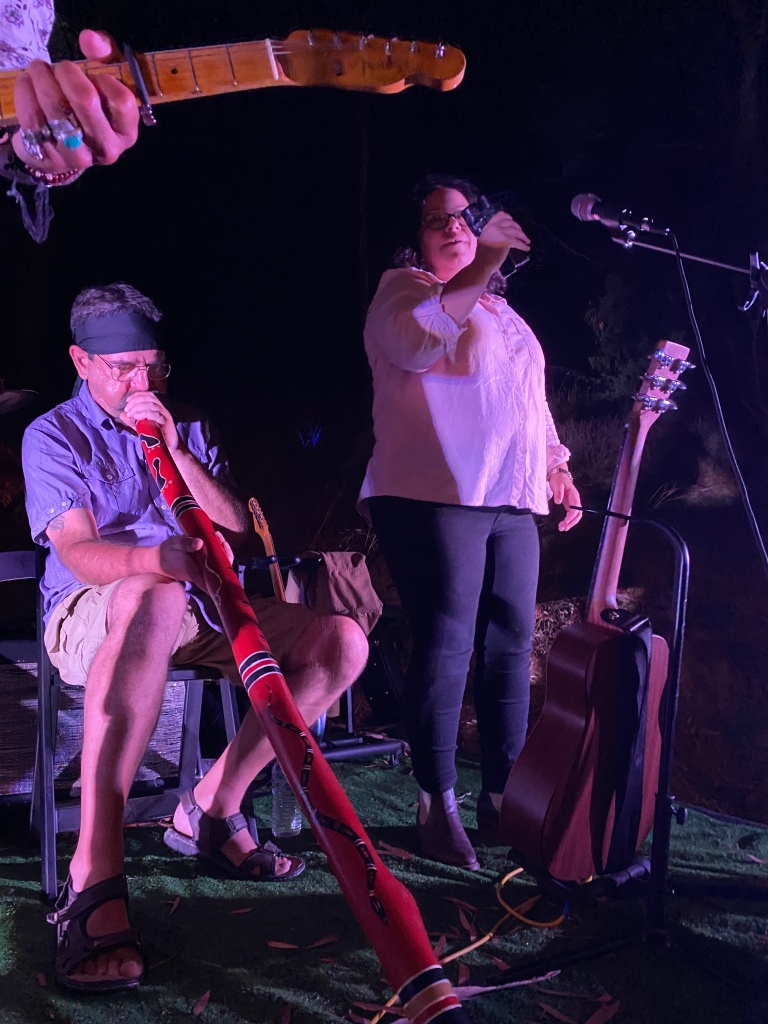
The harsh reality is this story of violence against First Nations women is a global one as Skuthorpe reminds us with poignant Roll My 7’s, inspired by the disappearance of indigenous young women in Canada. Current estimates have that over the past 30 years as many as 4,000 Canadian Indigenous women and girls believed to have been killed or gone missing in Canada. A heinous statistic that is also tragically pervasive in Australia, with a Senate Committee inquiry last year (2022) finding murder rates for Indigenous women to be eight times higher than their non-Indigenous counterparts.
Despite the upbeat tones of Getano’s Dumb, Drunk, and Racist, it is nevertheless a powerful message about the link between violence and racism with the song based on the true story of the 2014 bashing of a vision impaired indigenous elder on a Gold Coast bus by two drunken women.
From the heat of Prospect, the next day saw a 150km kilometre trek up the highway through the Mid North to Farrell Flat and Ngadjuri country, a historic wheat farming community that was once a stop on the old Peterborough railway. The significance of the railway to the town illustrated in the local silo art.
While the railway no longer rumbles through and the district’s farms have now merged into larger entities, it is nevertheless a can-do community with the show providing an opportunity for the local Farrell Flat Committee to raise funds for the institute building where the performance occurs. The community BBQ enabling the artists and locals to mingle together in the balmy late summer evening.
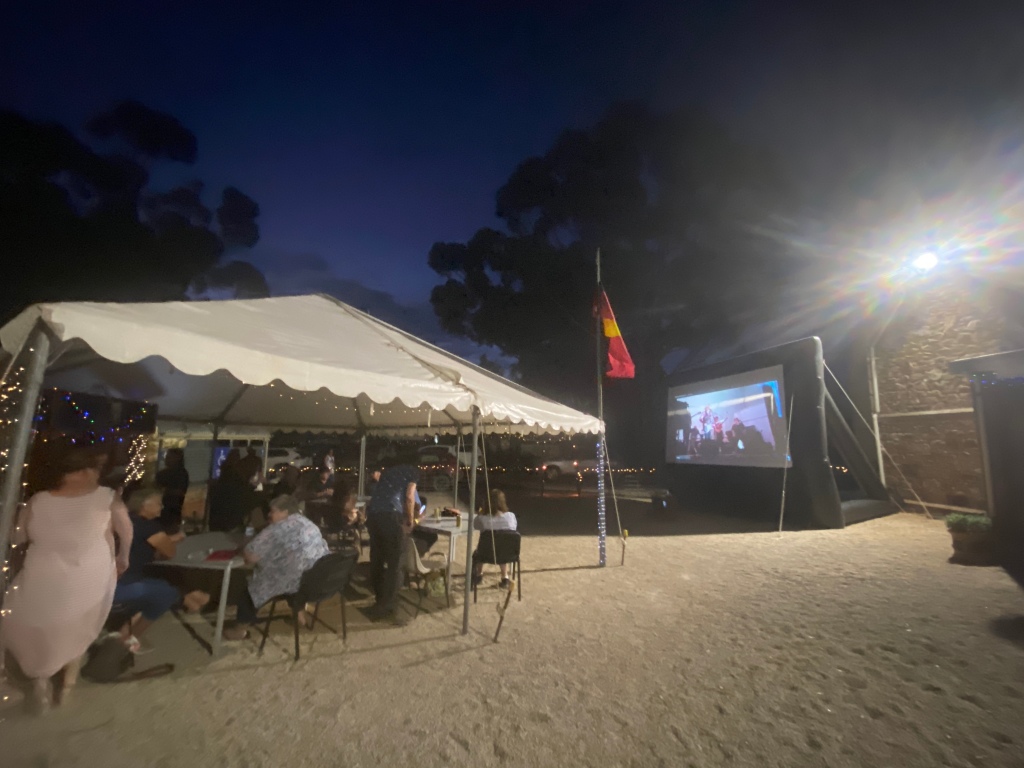
It is a respectful audience acknowledging the stories told to them. Contemplation seems to be the overriding atmosphere of the night. The truth telling providing a quiet power to the proceedings.
Then it is time for the return journey down the road back to Kaurna country, this time to land at Sinclair’s Gully Winery at Norton Summit for the third and final performance of the 2023 season.
Throughout the season this quartet has illustrated their strong connection to country through their work. Here on the open stage against the backdrop of the Candlebark forest with the yellow tailed black cockatoos joining in the musical language, it is obvious that a powerful and spine tingling sense of spirit is here. Creating a glorious beauty to the night.
While this atmosphere resonates strongly with all, it seems to be deepest with Jungaji, one of the few remaining fluent Gu Gu Yalanji speakers. Singing in language you can feel his passion to preserve his culture through his music and art, a drive initiated after meeting Babi Wawa, a 106-year old bush man. This passion seems to burst open with the glorious and powerful Mission Street.
Throughout all three shows the respect and love between the performers is clearly on display. Despite some of the heavy topics raised during the performances, humour and comradery shines through.
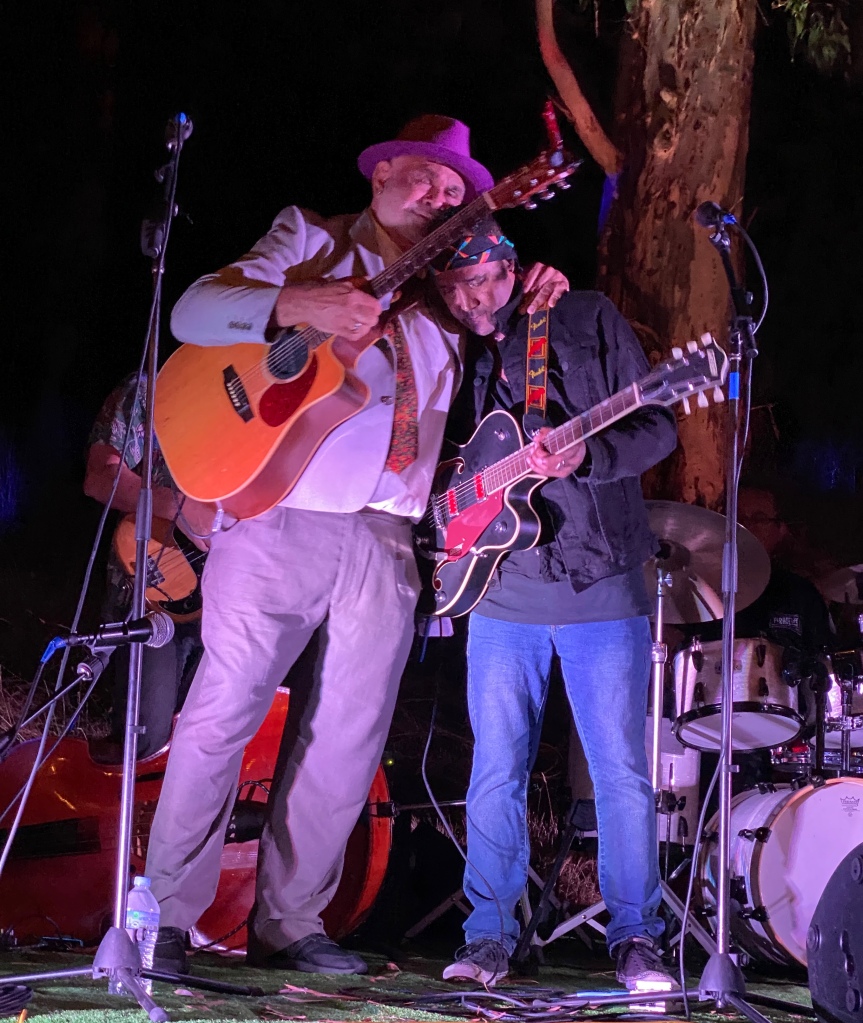
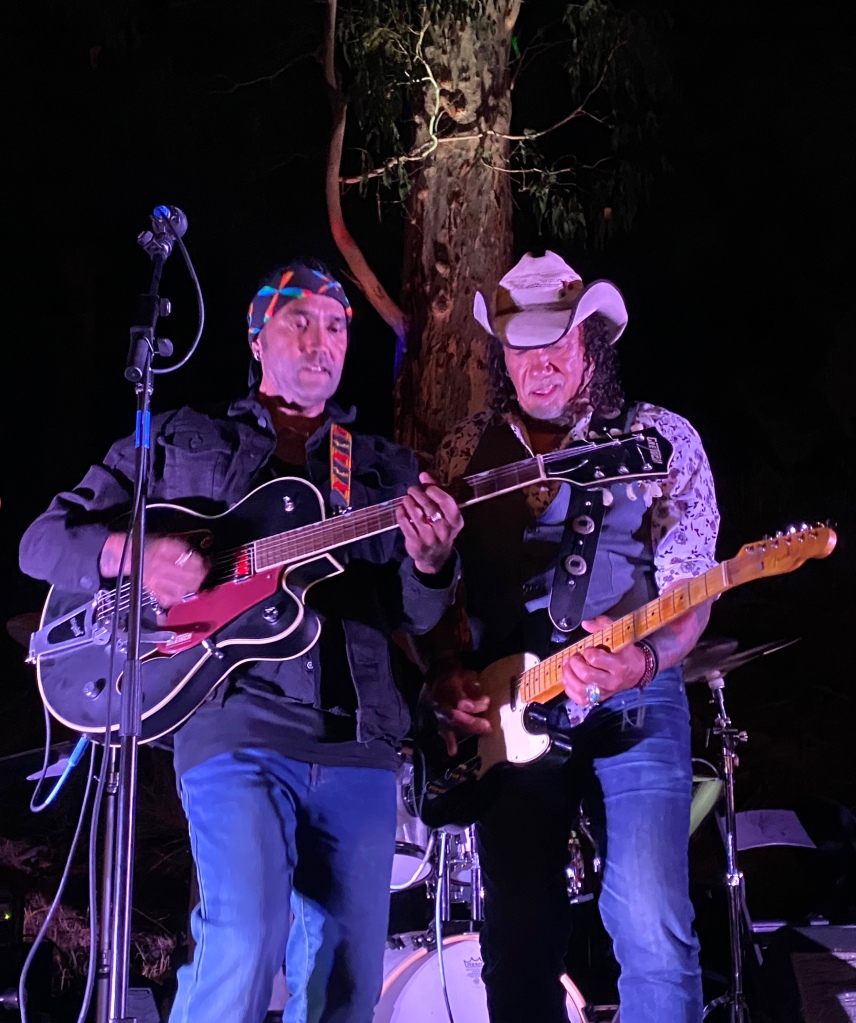
Although this ensemble only came together a day before the season commences, the musicianship is tight. This is a group of exceedingly talented musicians as they seamlessly switch between country, folk, funk and blues rock. The soaring vocals and harmonies contributing to the haunting beauty of the overall production.
By the end of each night a party atmosphere descends upon the audience, particularly at Sinclair’s Gully with many up and dancing. Music and dance has been central to humanity for millennia and once again we are reminded through First Nations Voices of its healing and unifying nature.
Throughout this 2023 season there has been a generosity between the performers and audiences. A joint desire and willingness to share and listen to the stories, to the truth telling and to the music. May such exchanges that is at the core of First Nations Voices pave the way for positive and insightful conversations and truth telling that will continue to unfold in the lead up to the referendum.
This is reconciliation at its finest. Bravo!

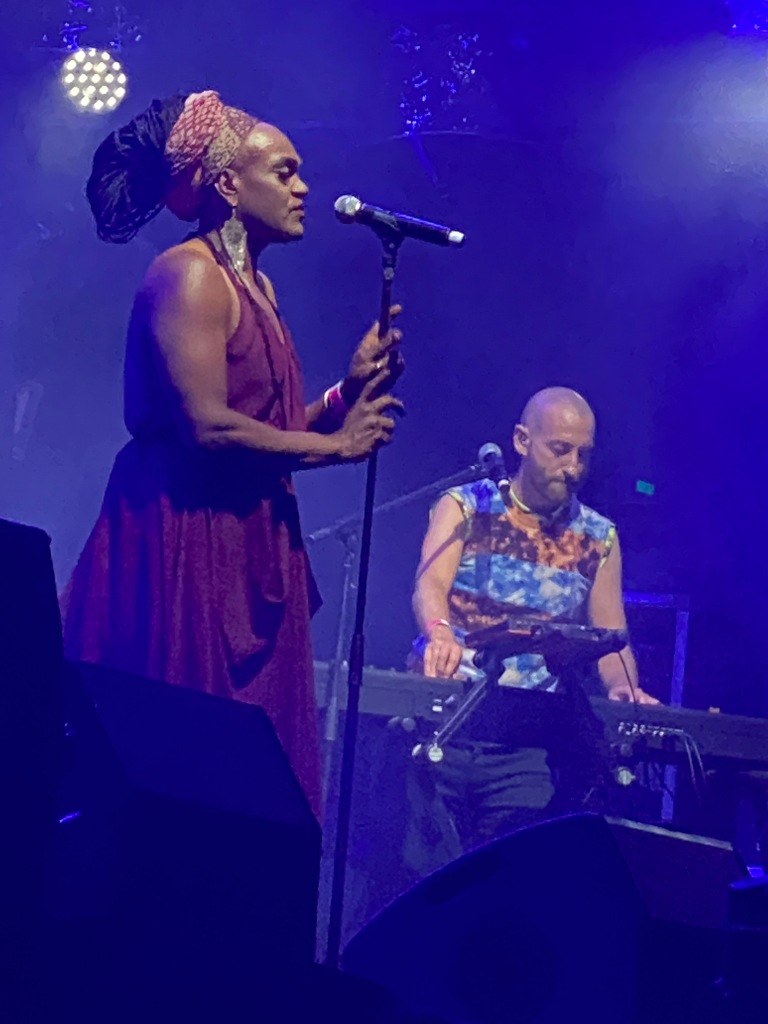
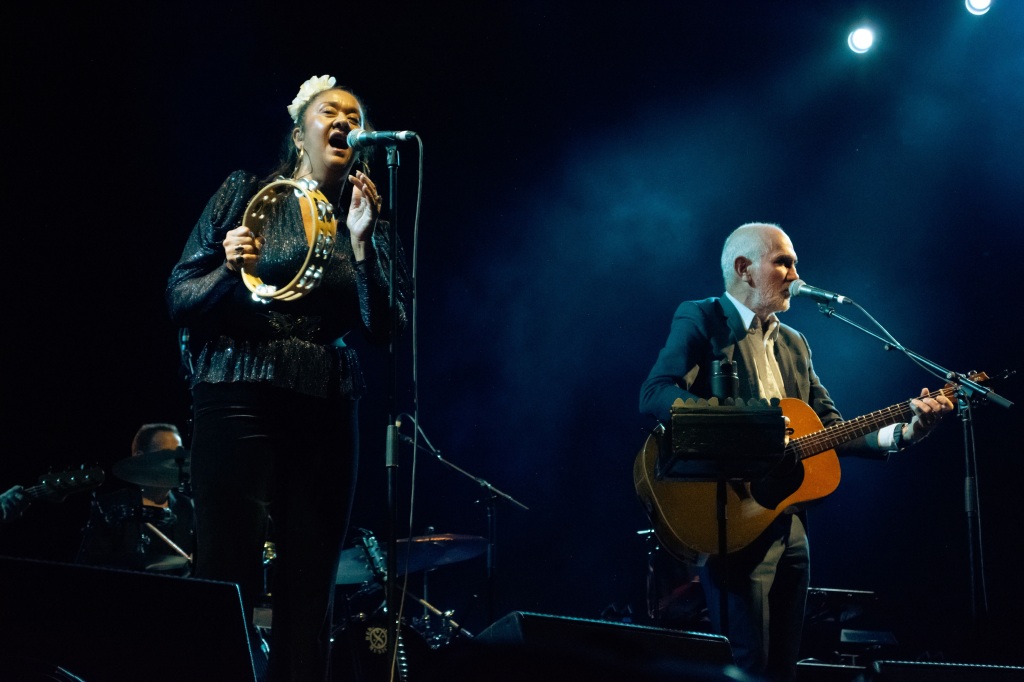
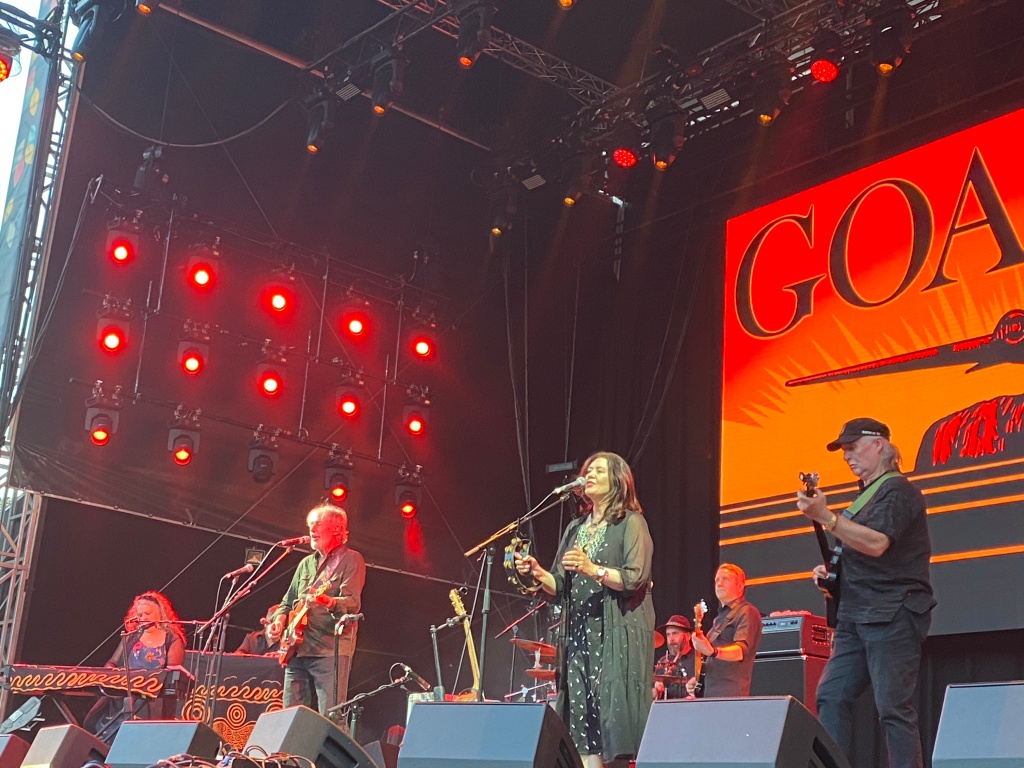
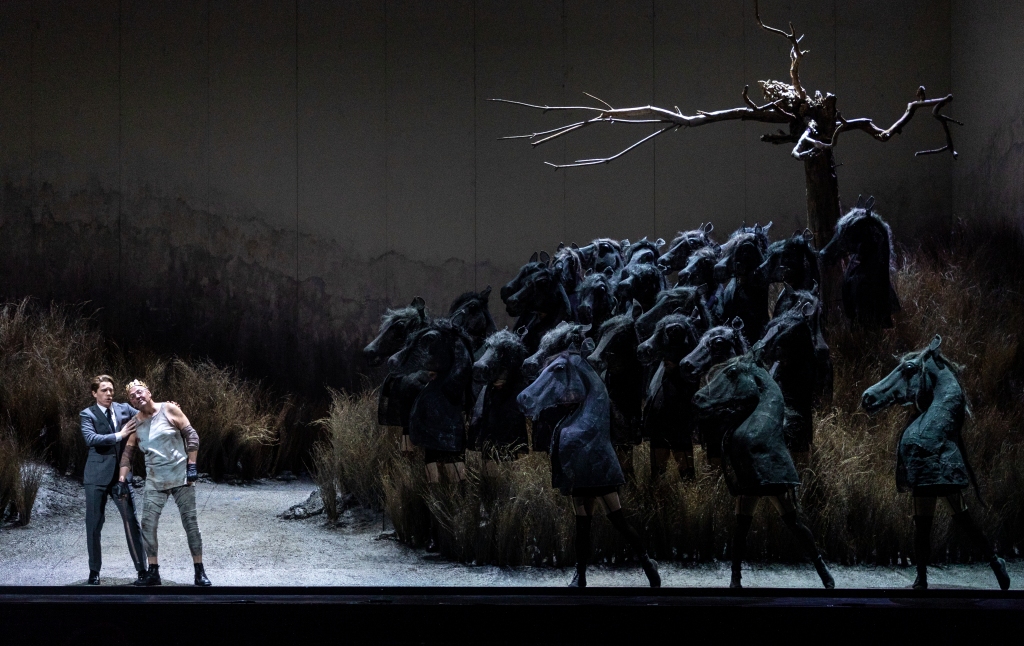
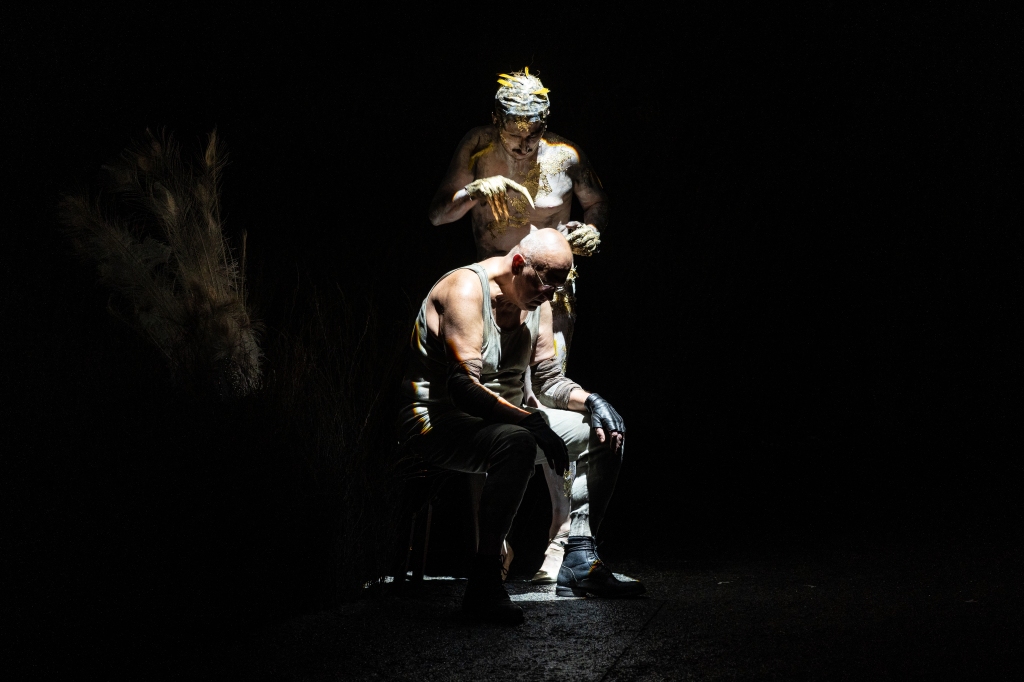
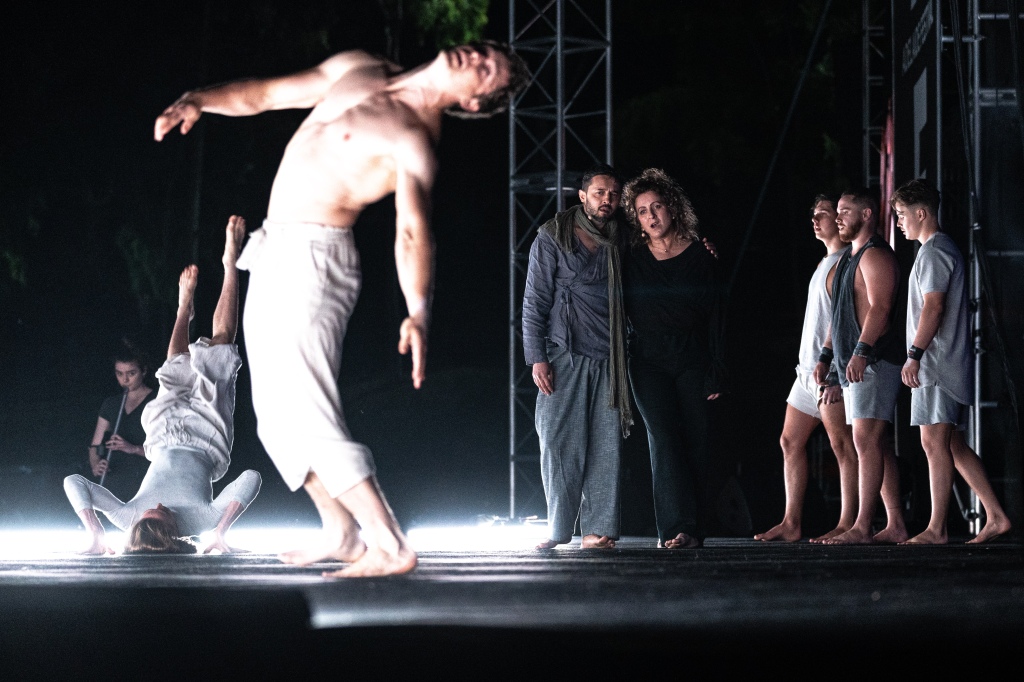
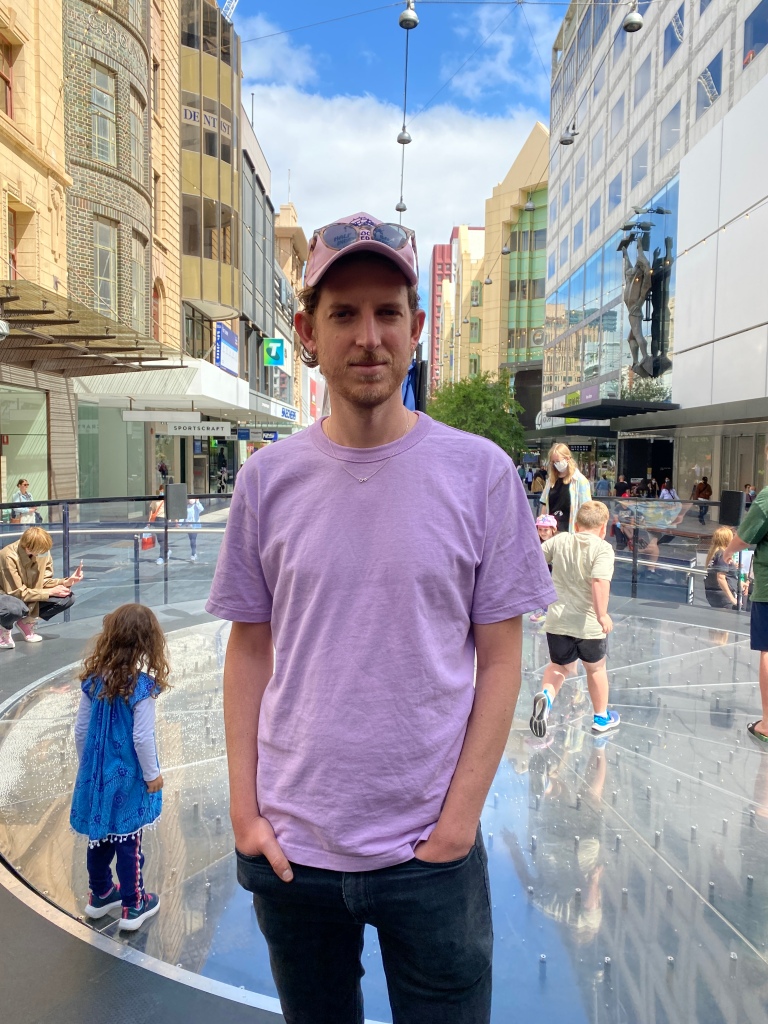
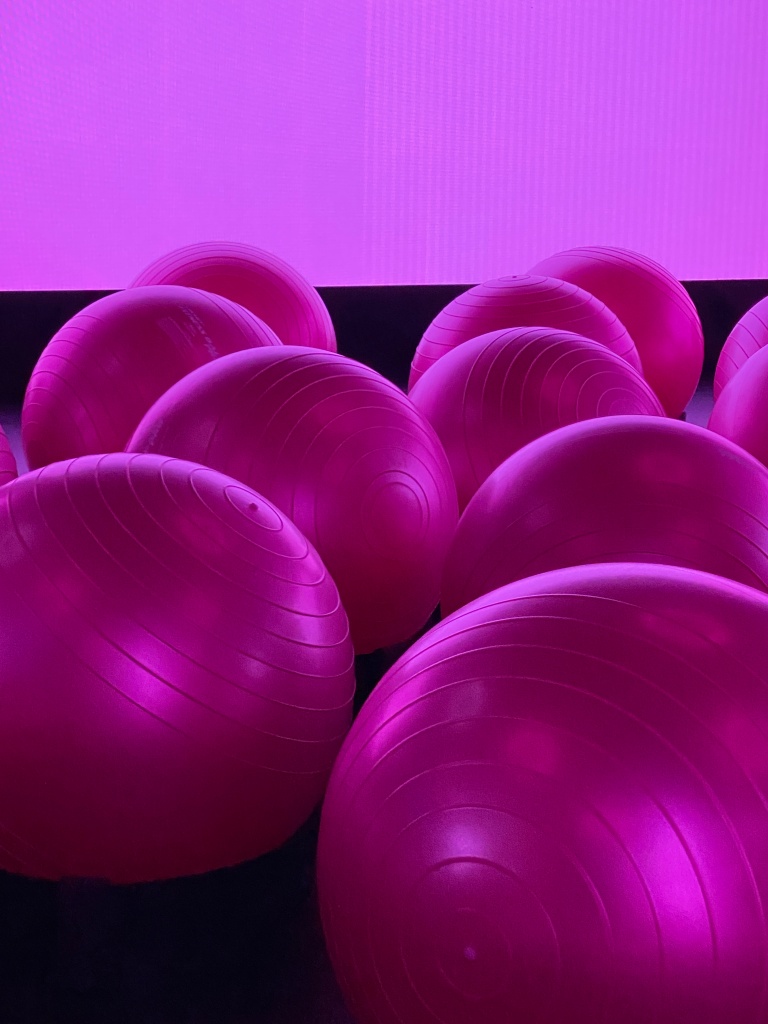
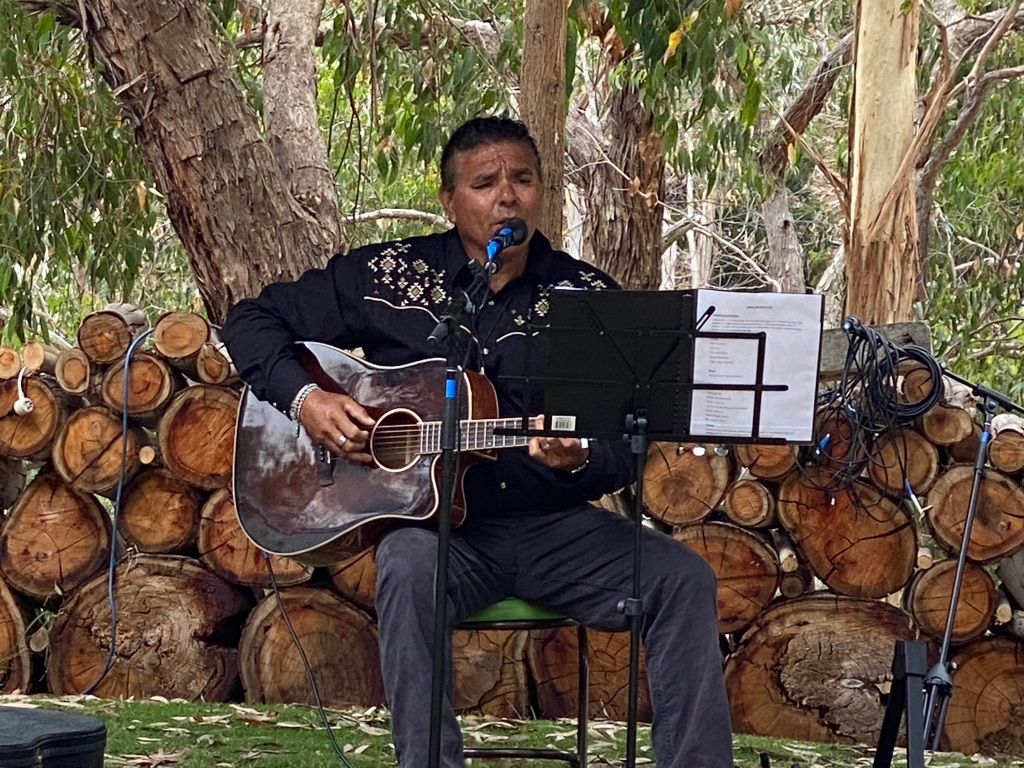
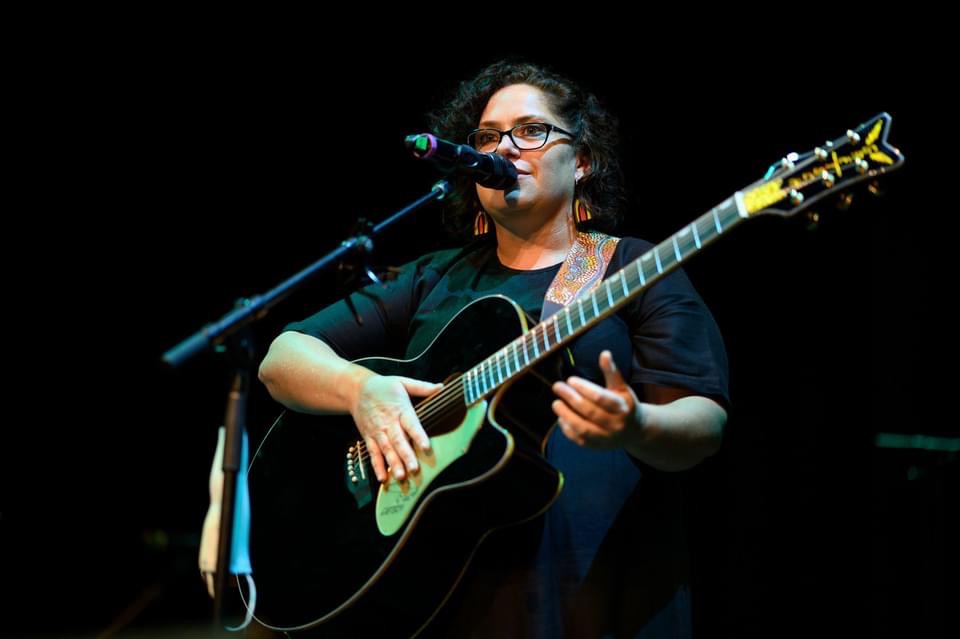
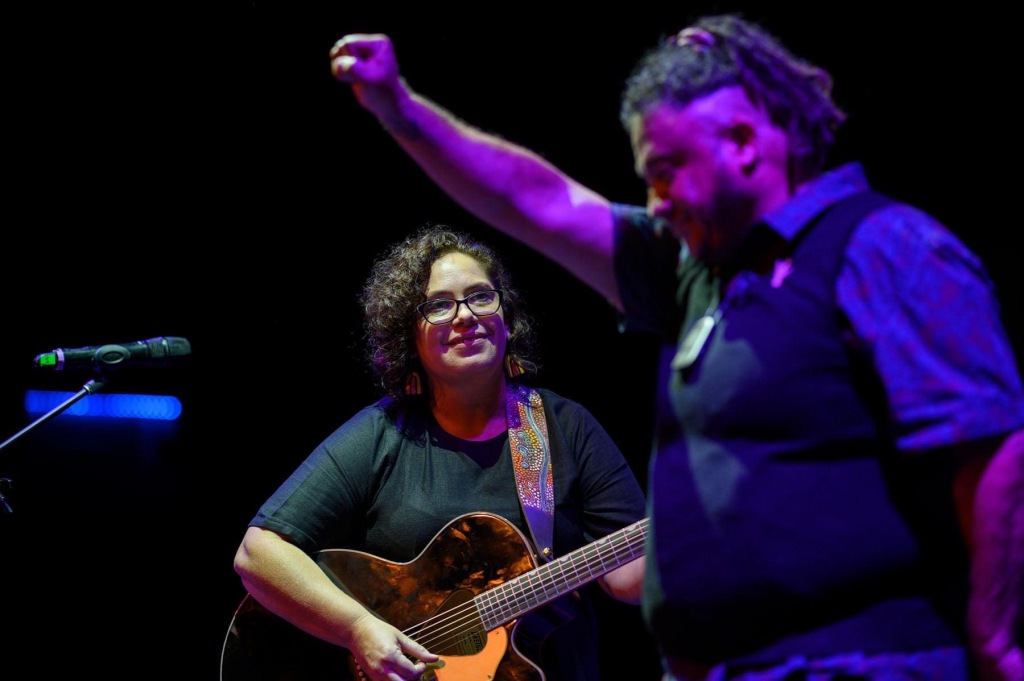
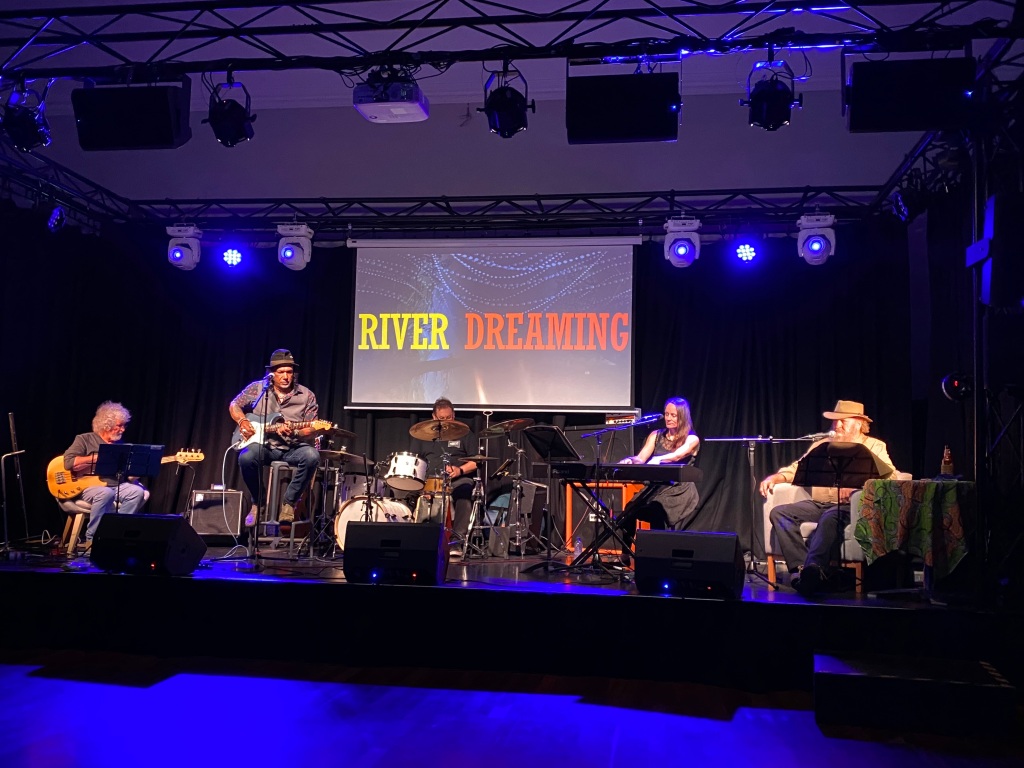
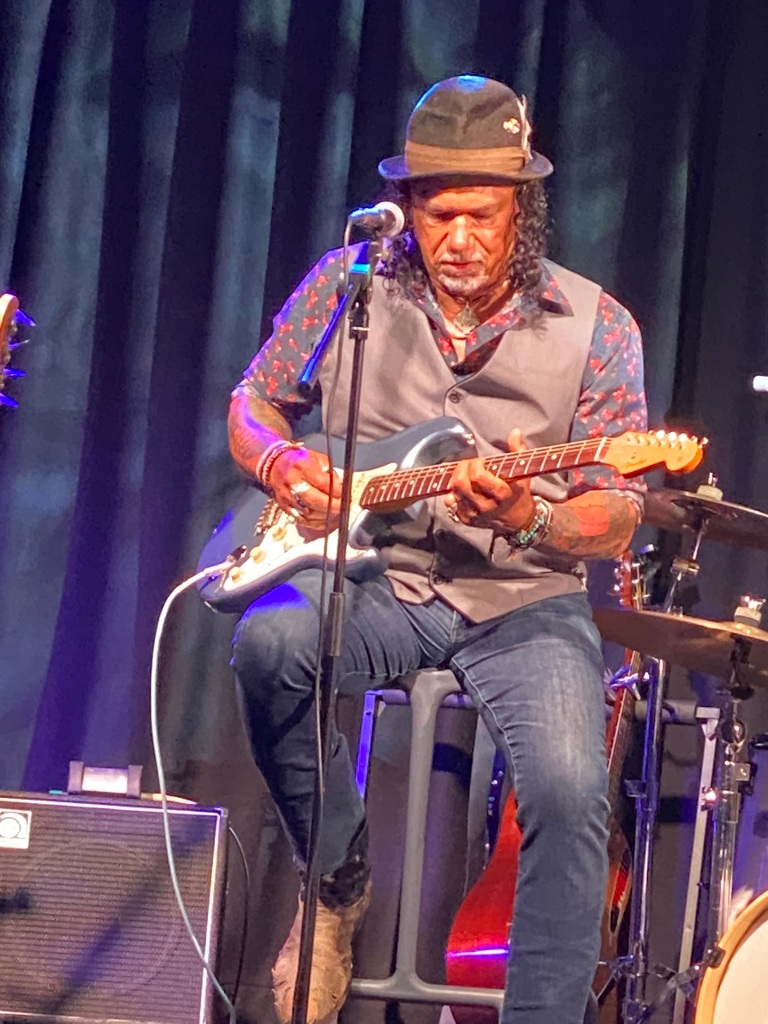
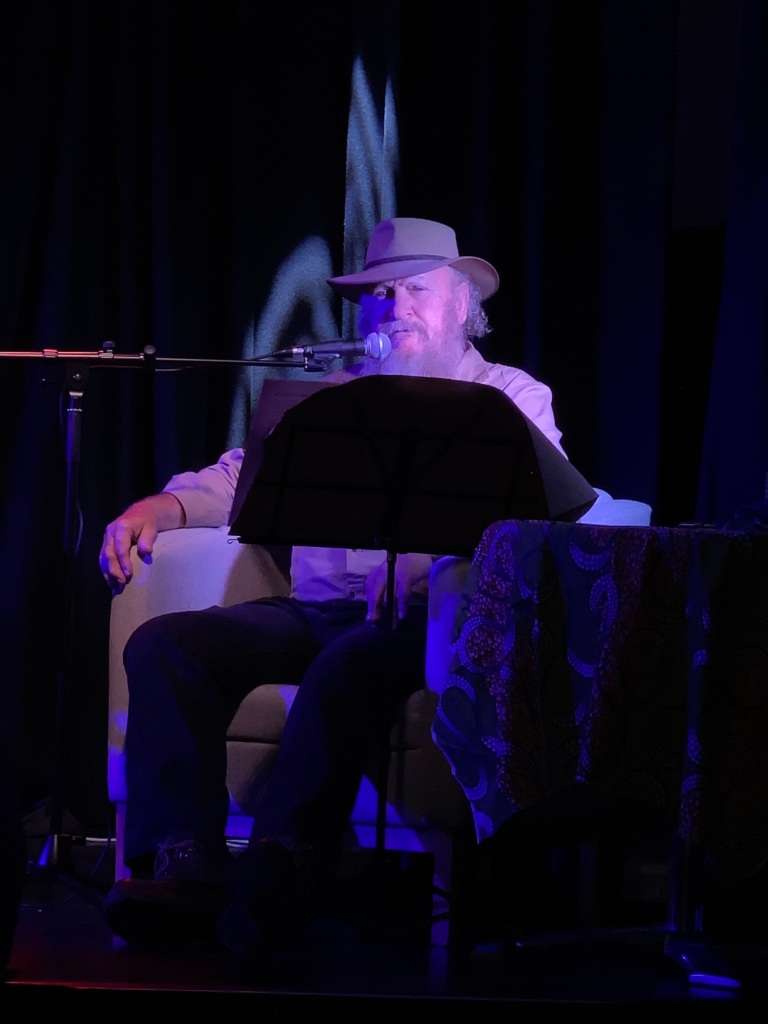
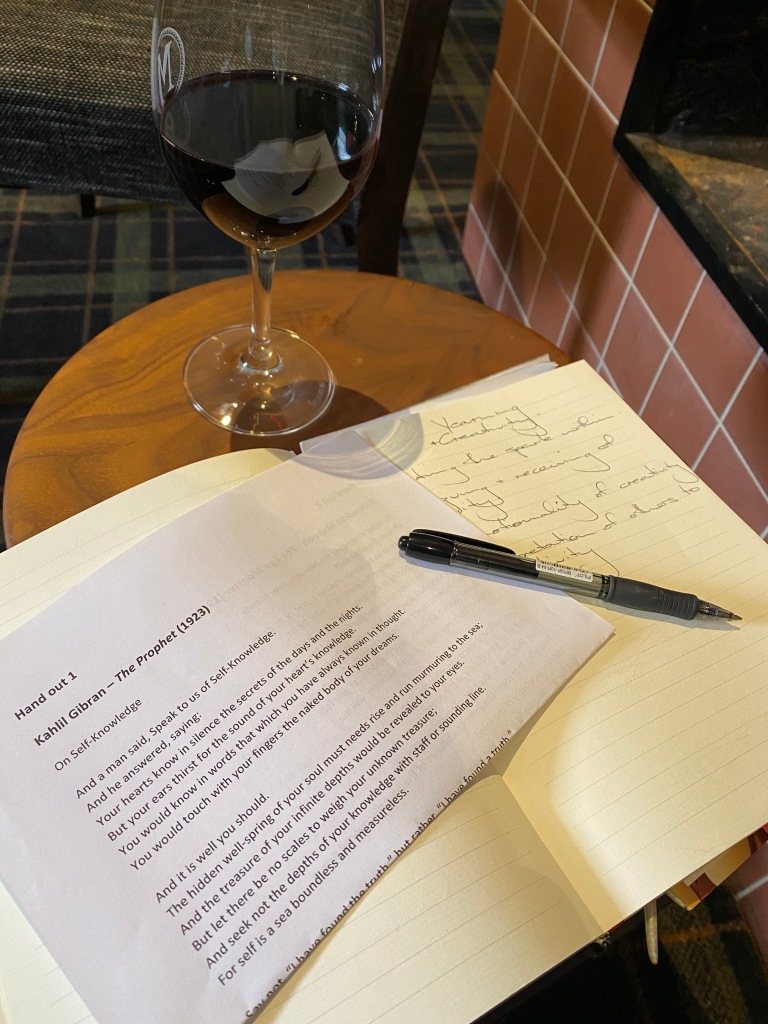
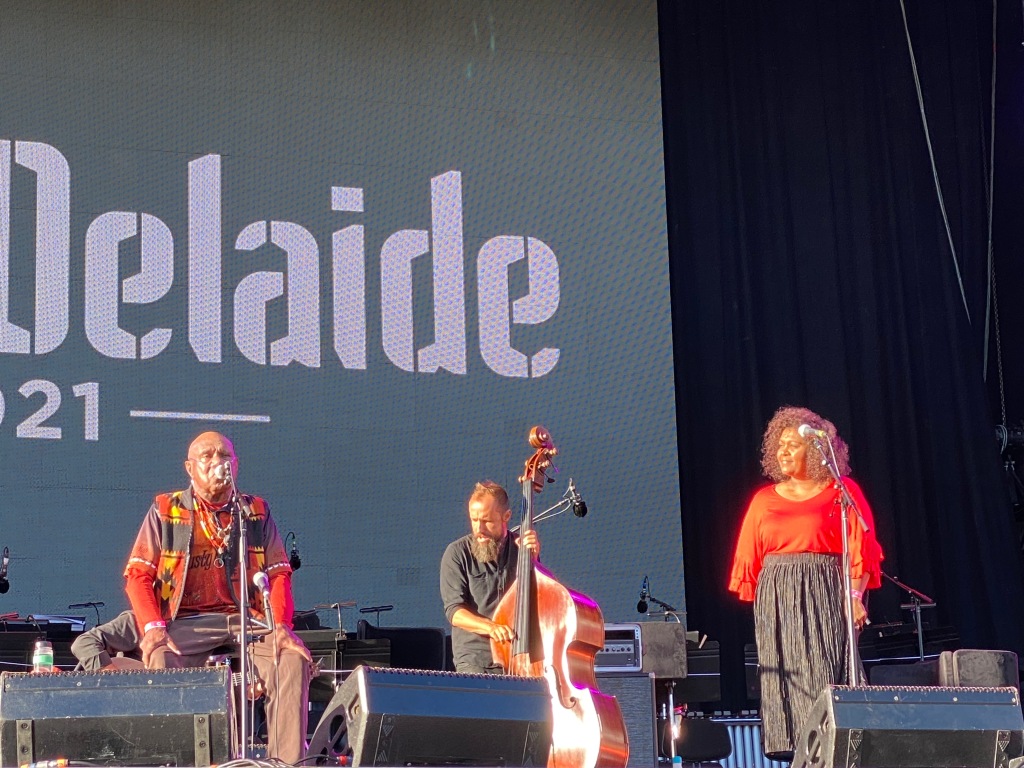
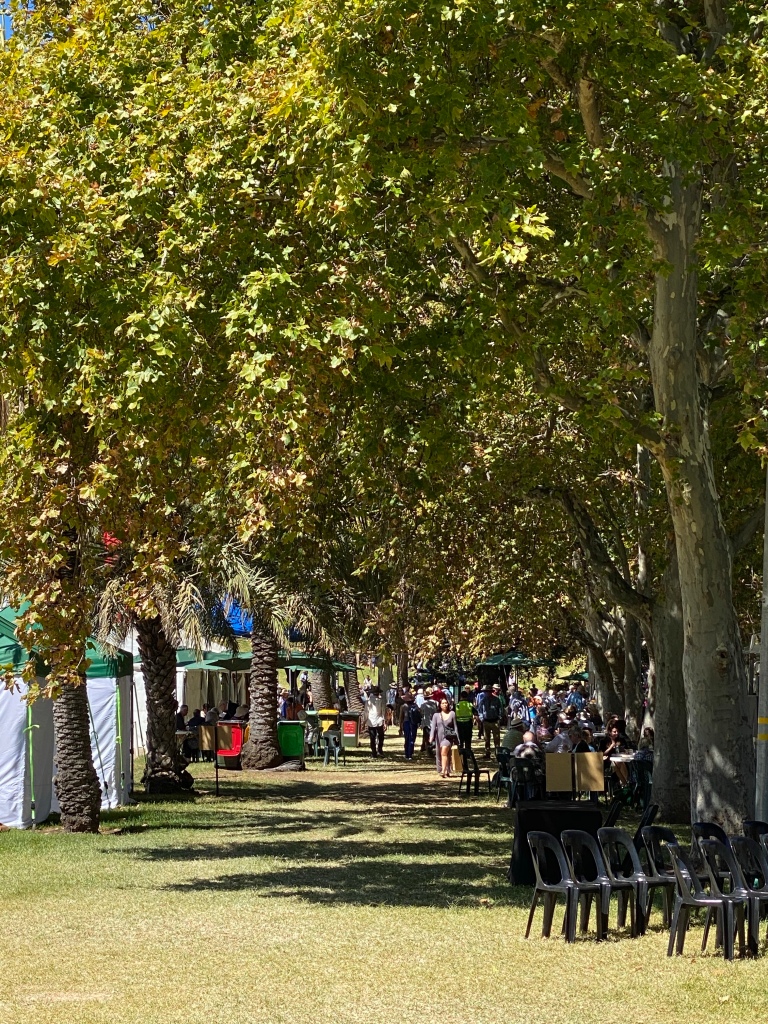
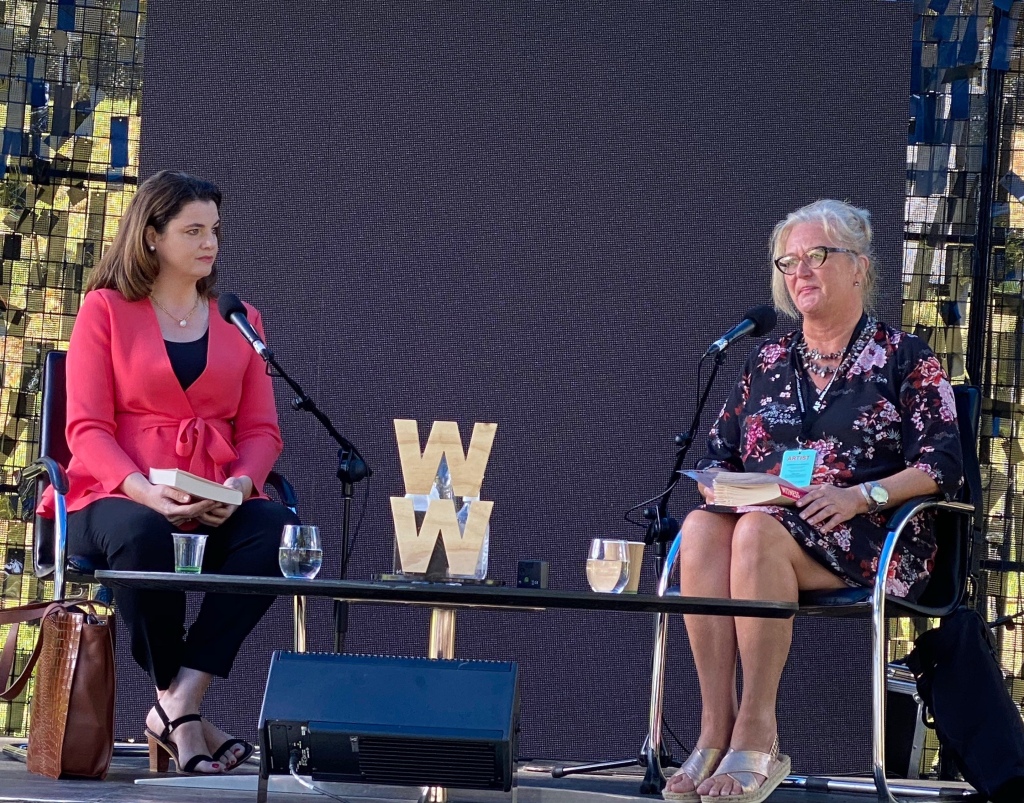
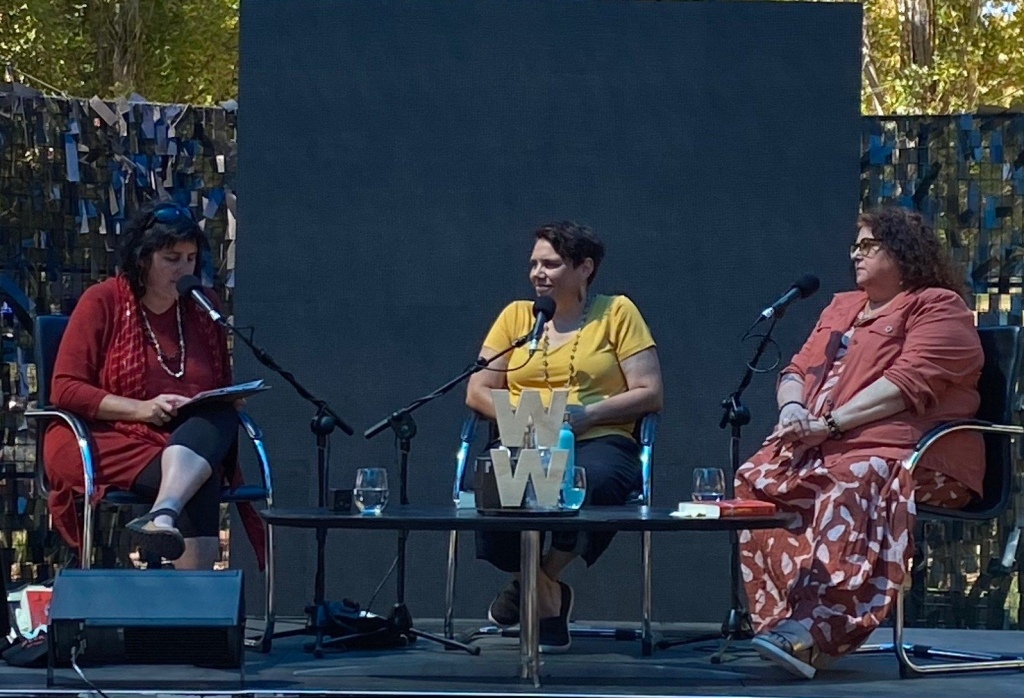
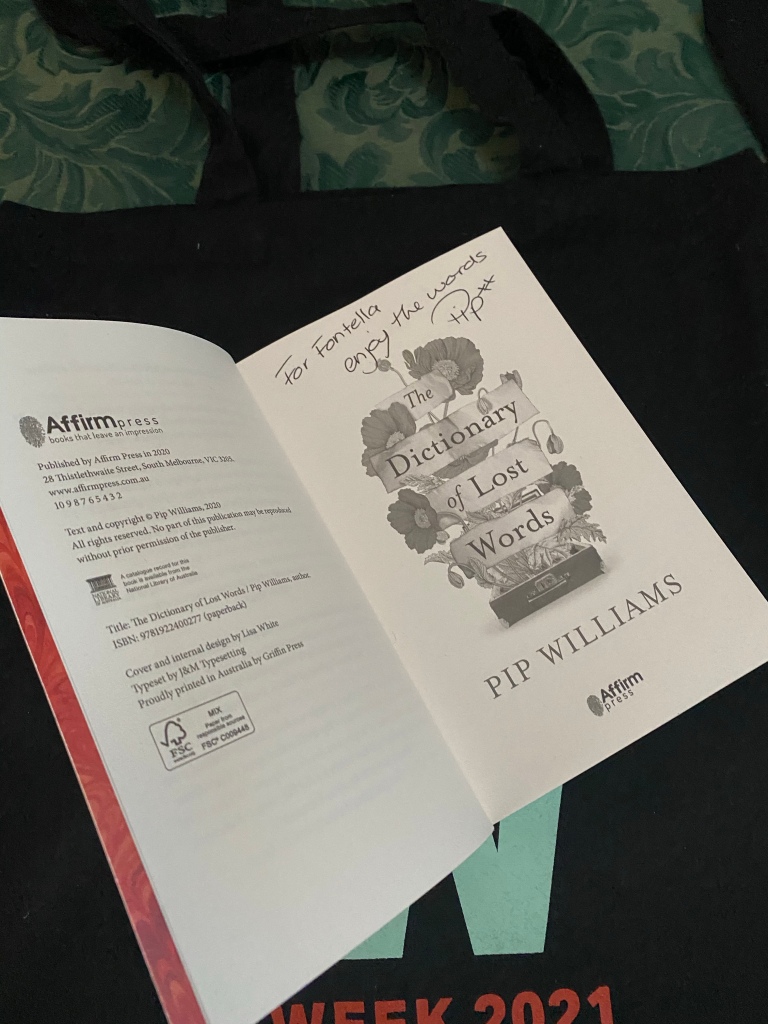
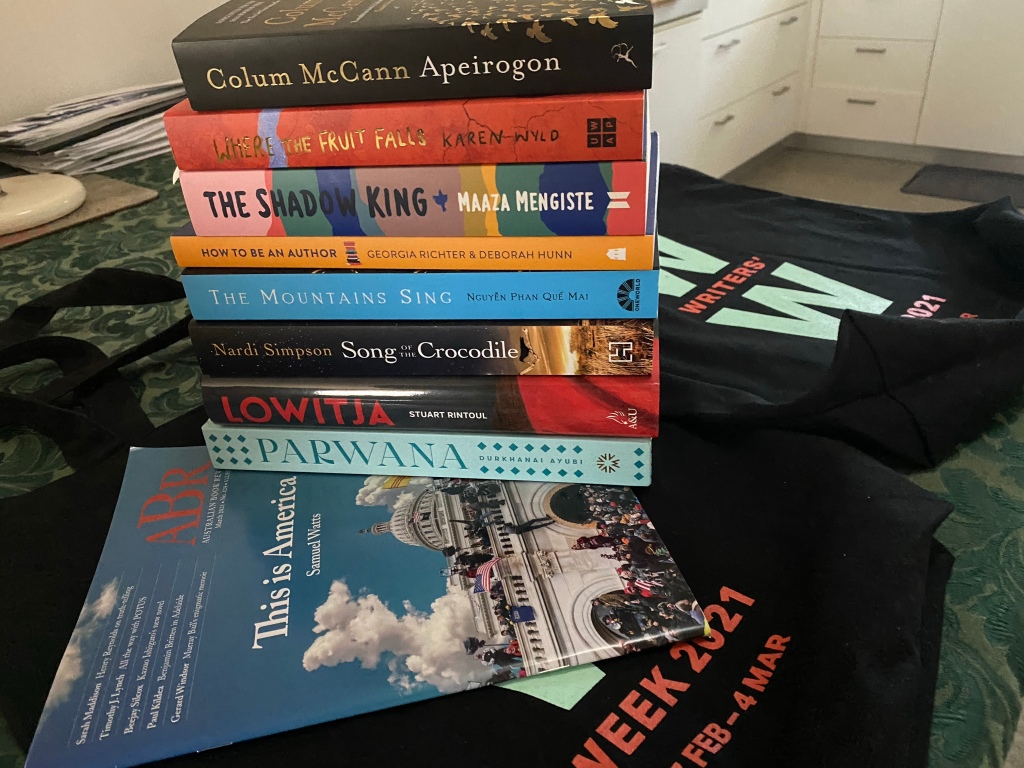
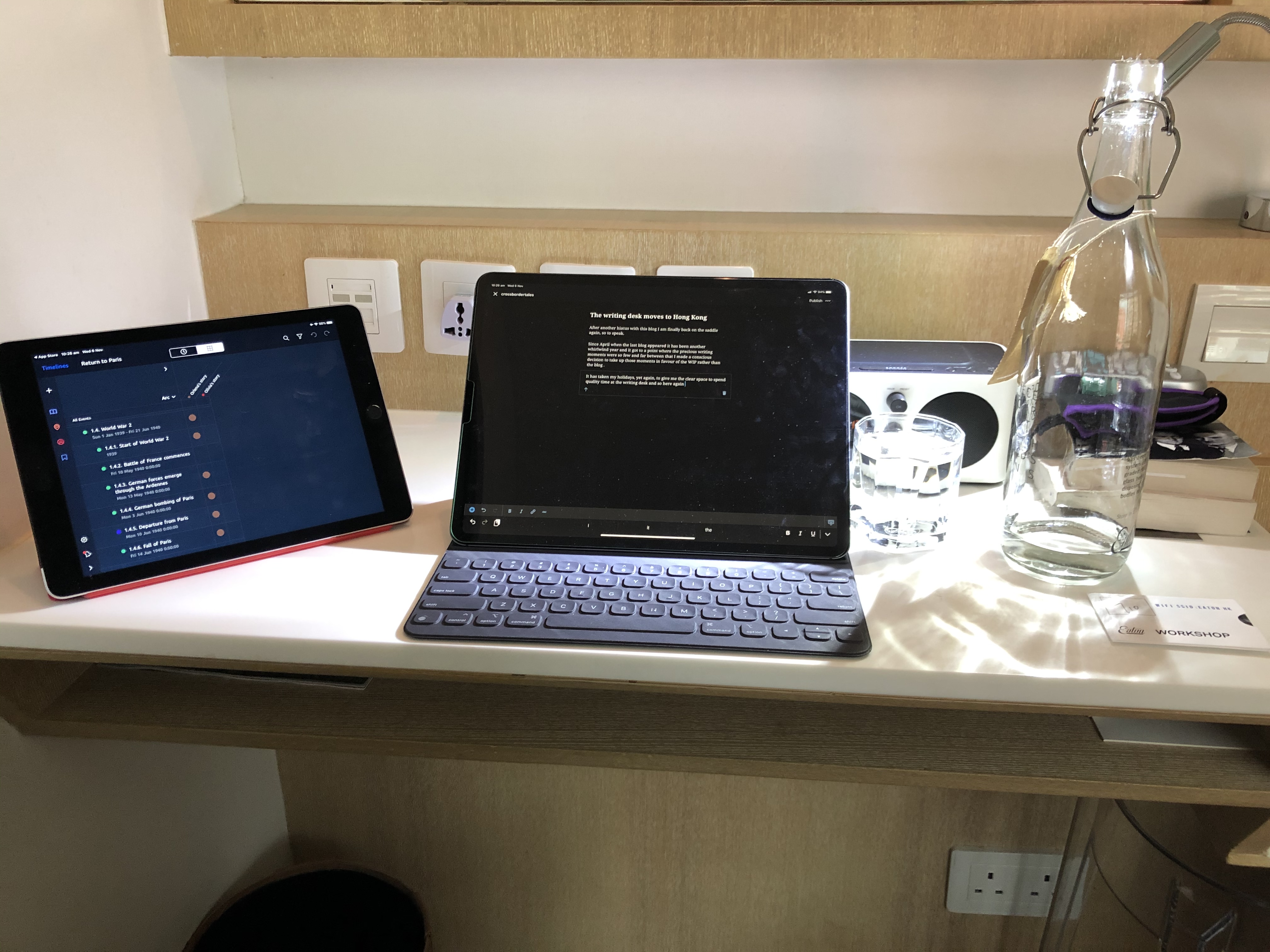
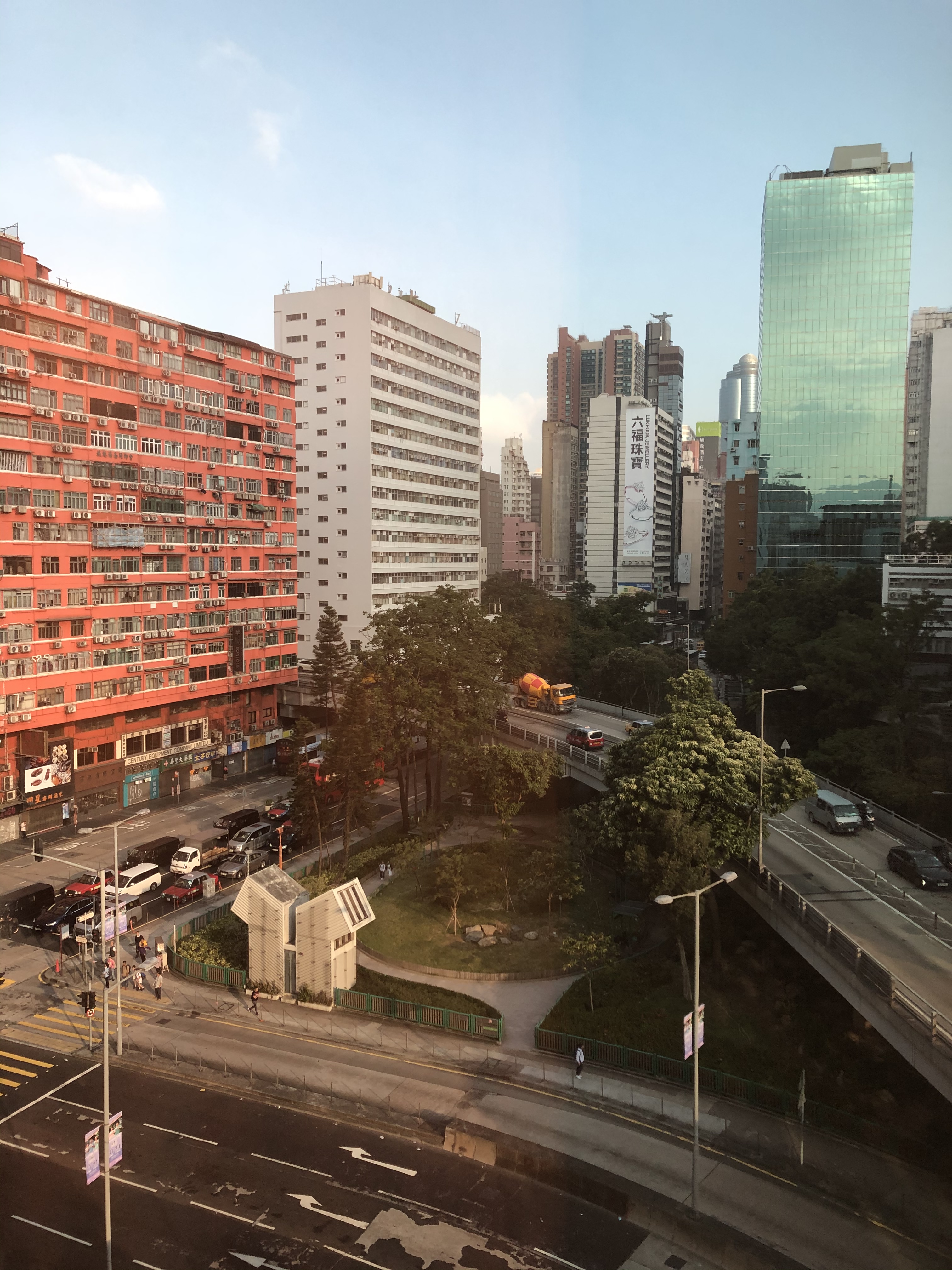
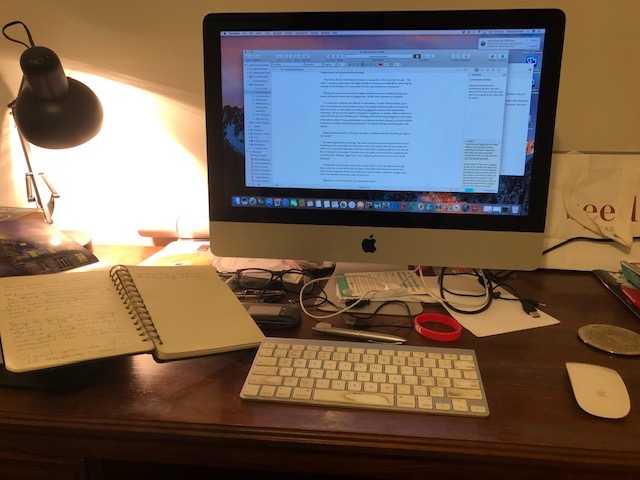
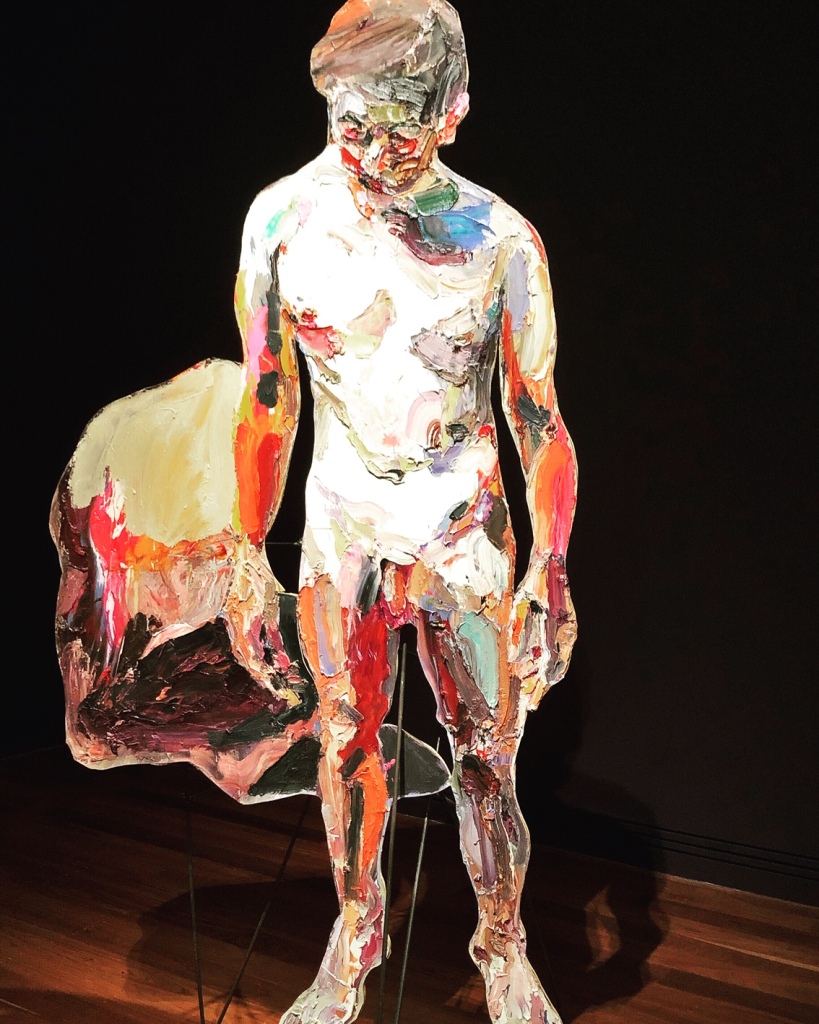
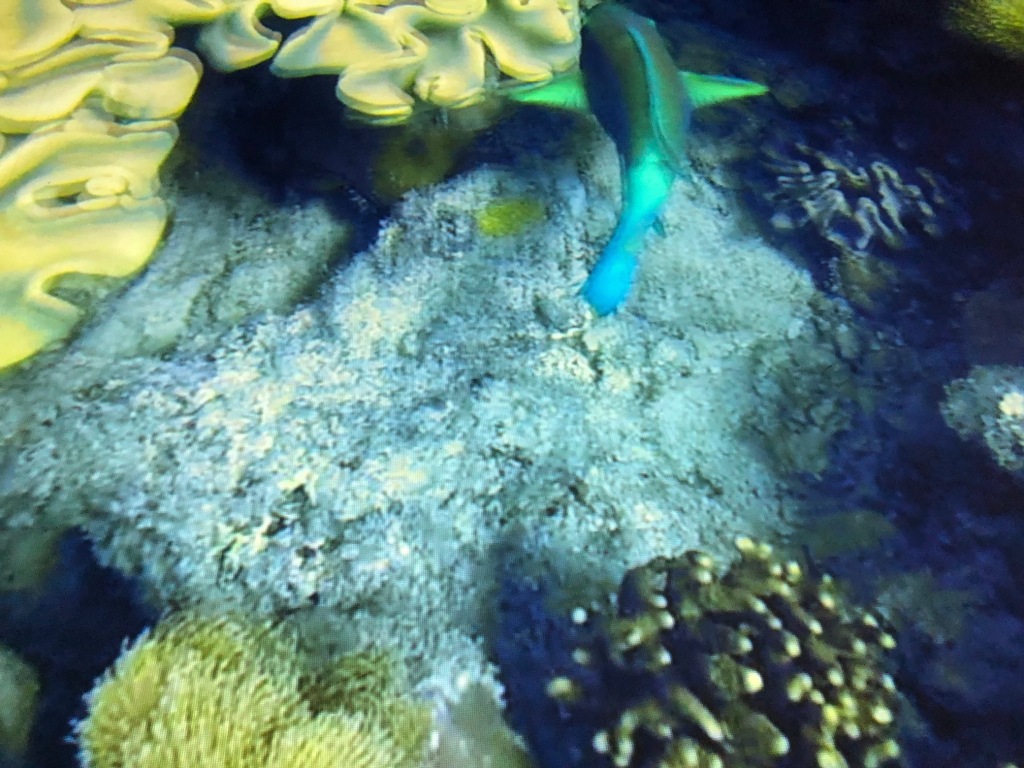
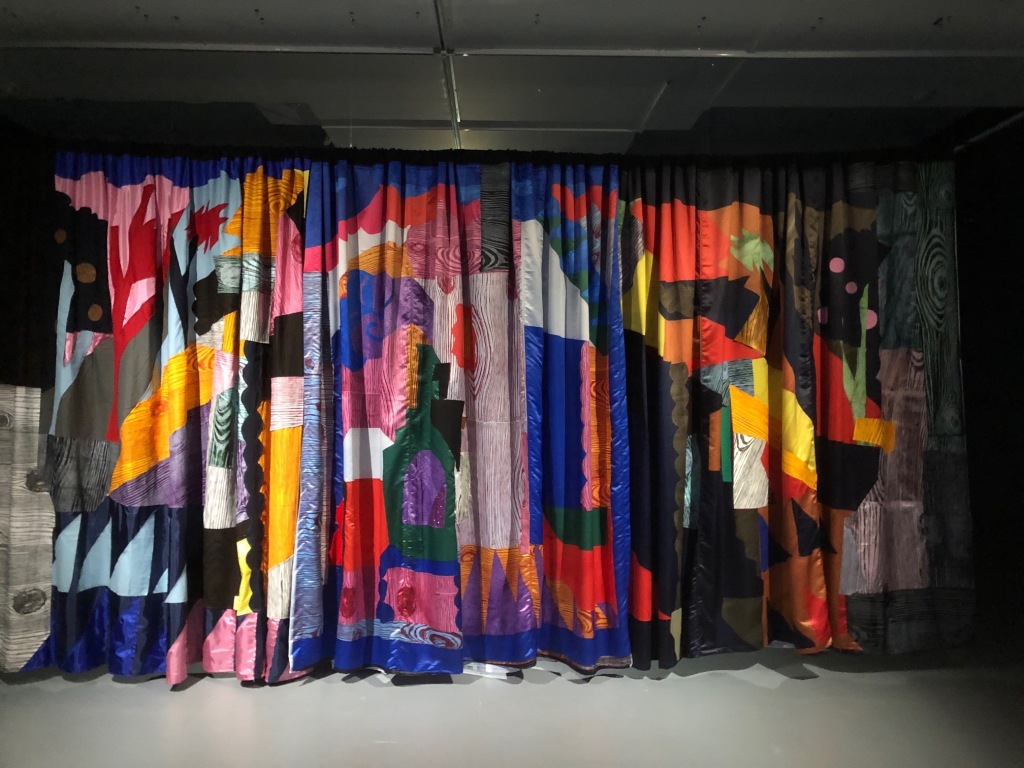
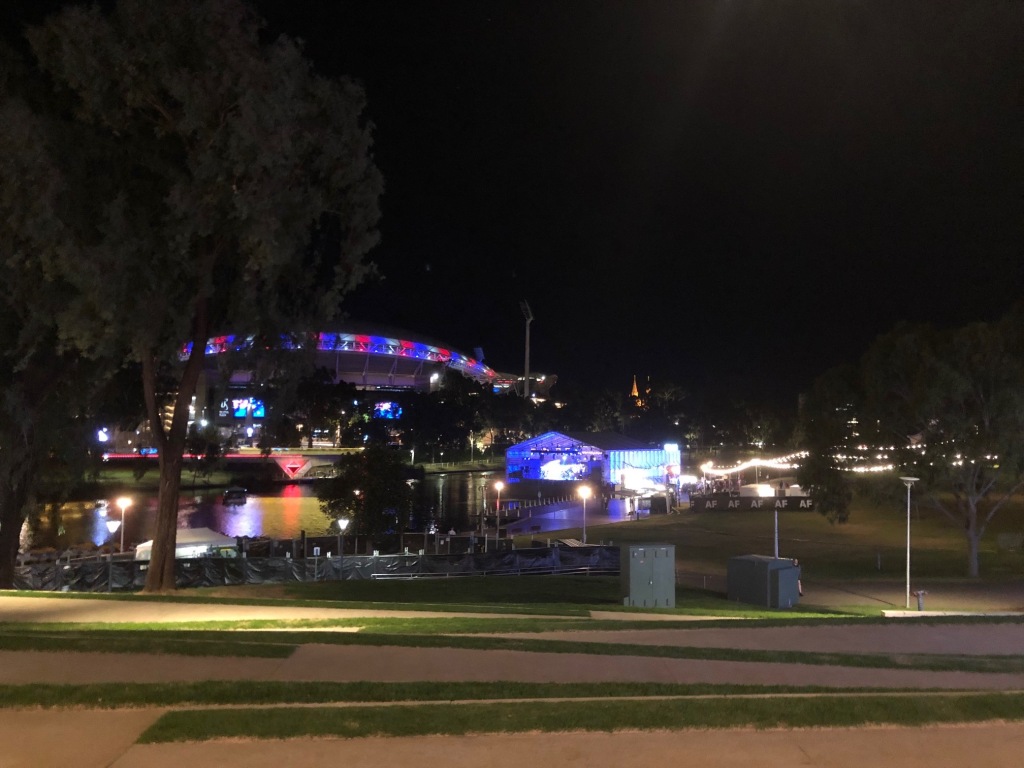
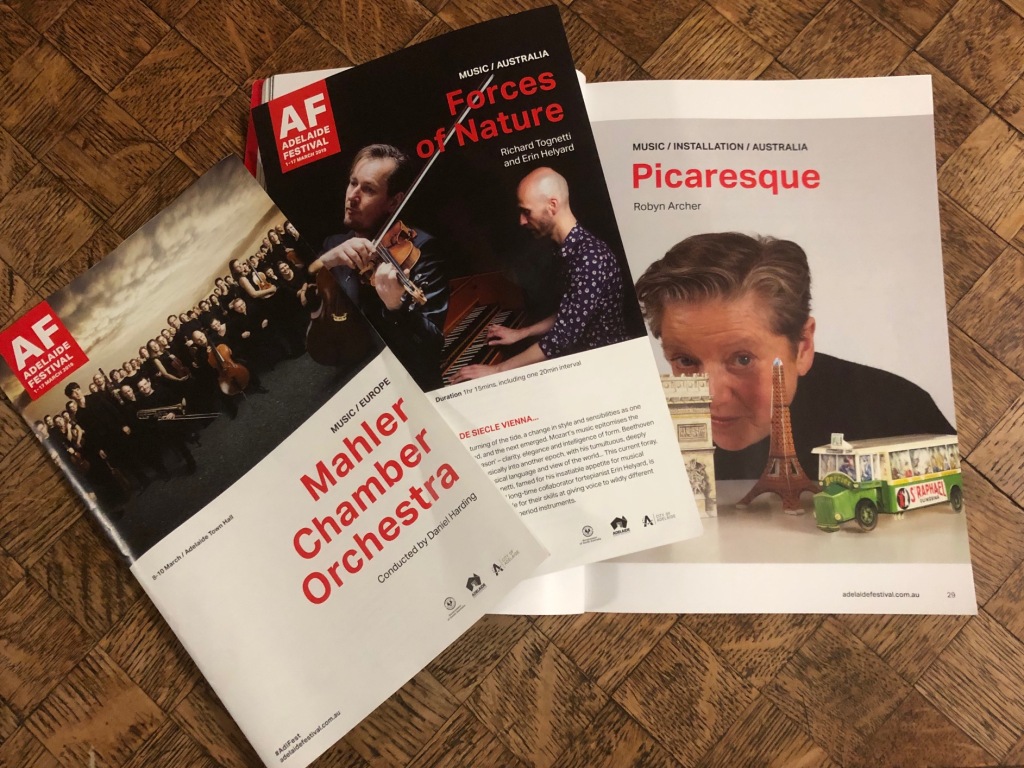
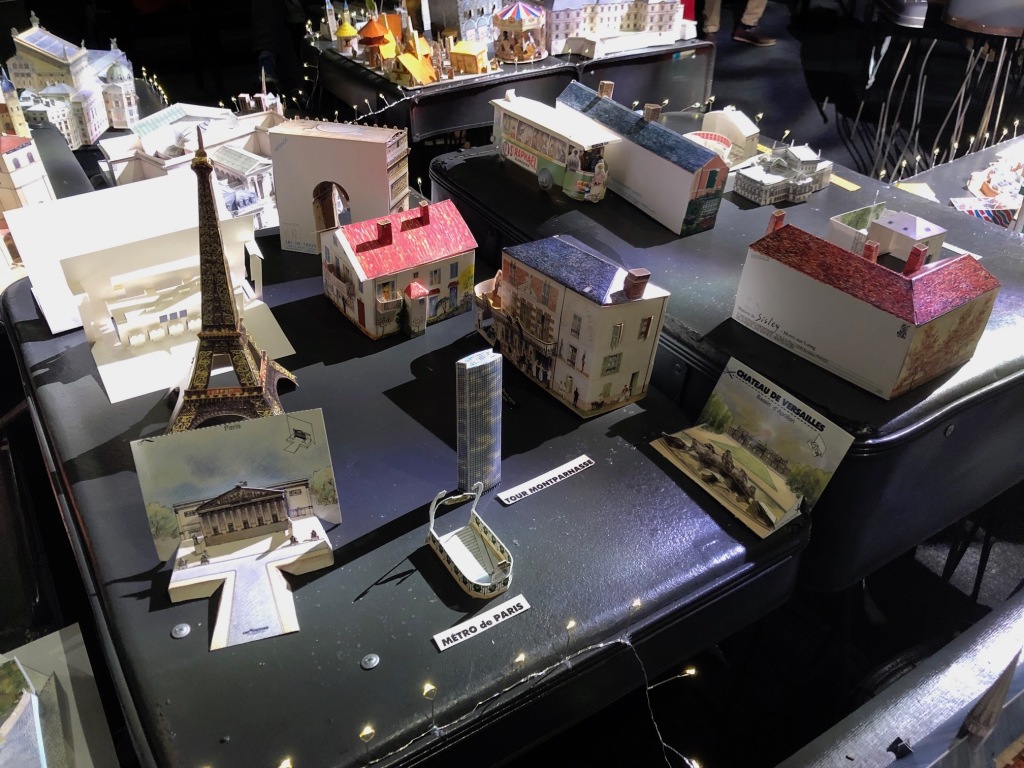
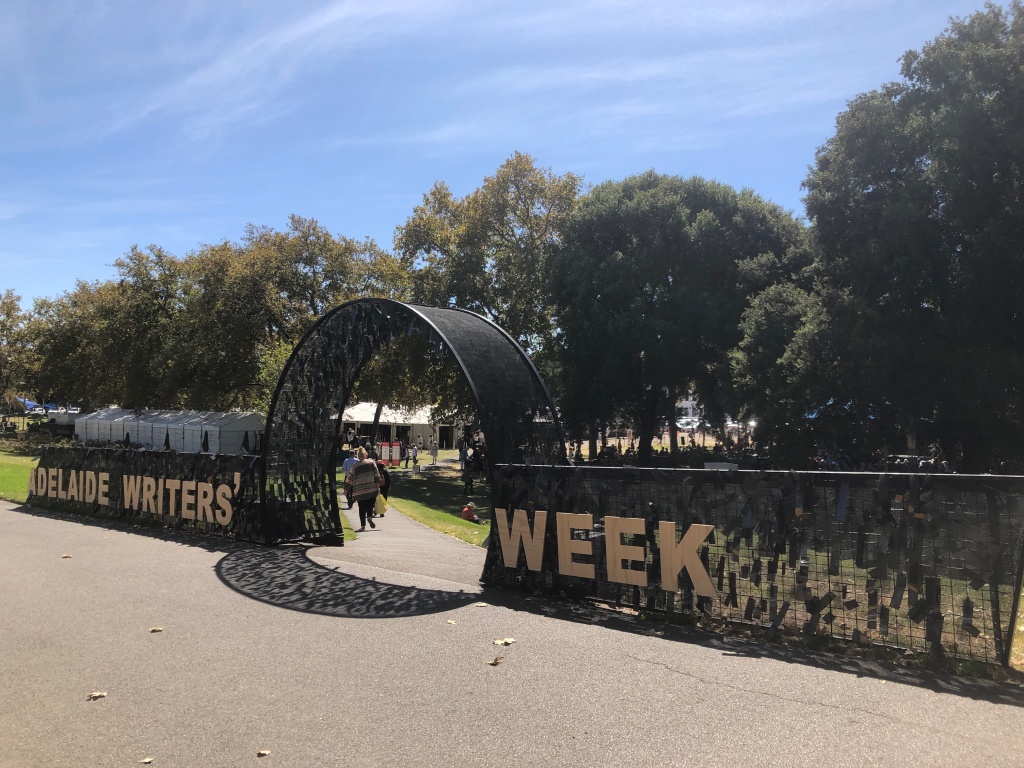
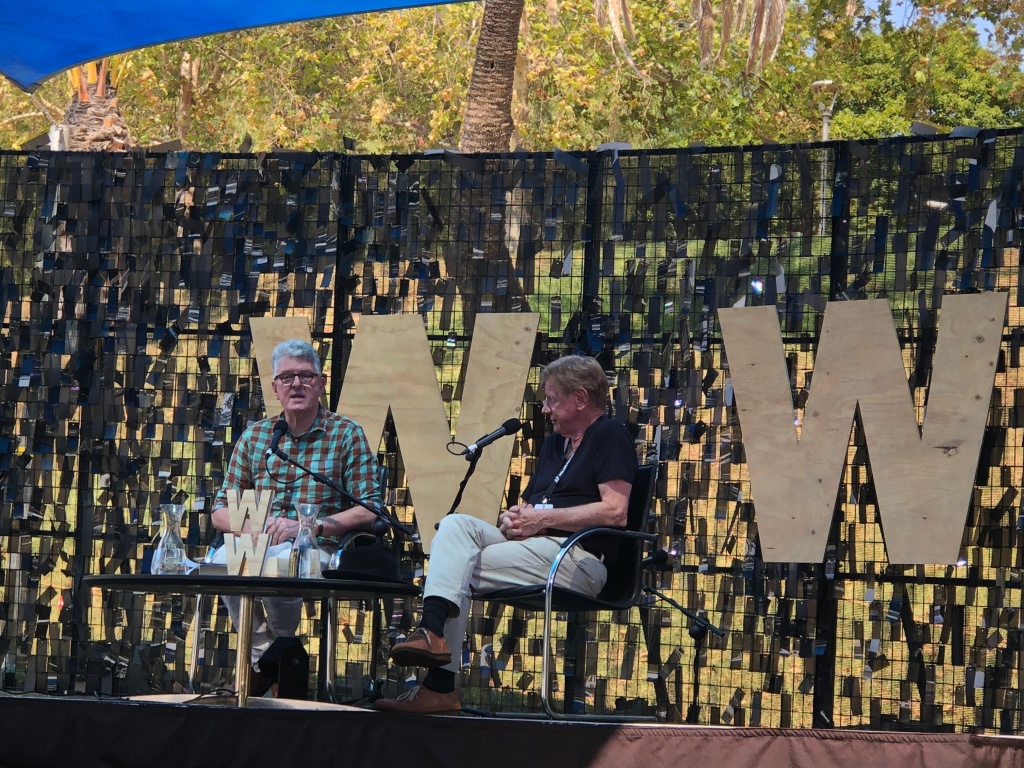
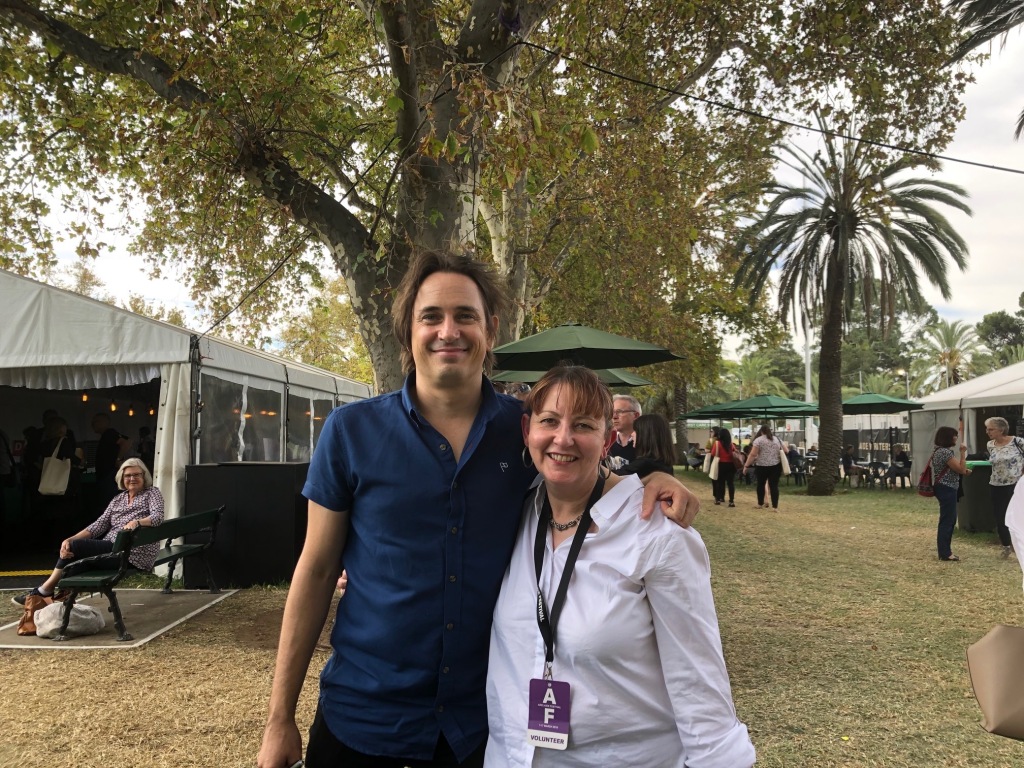
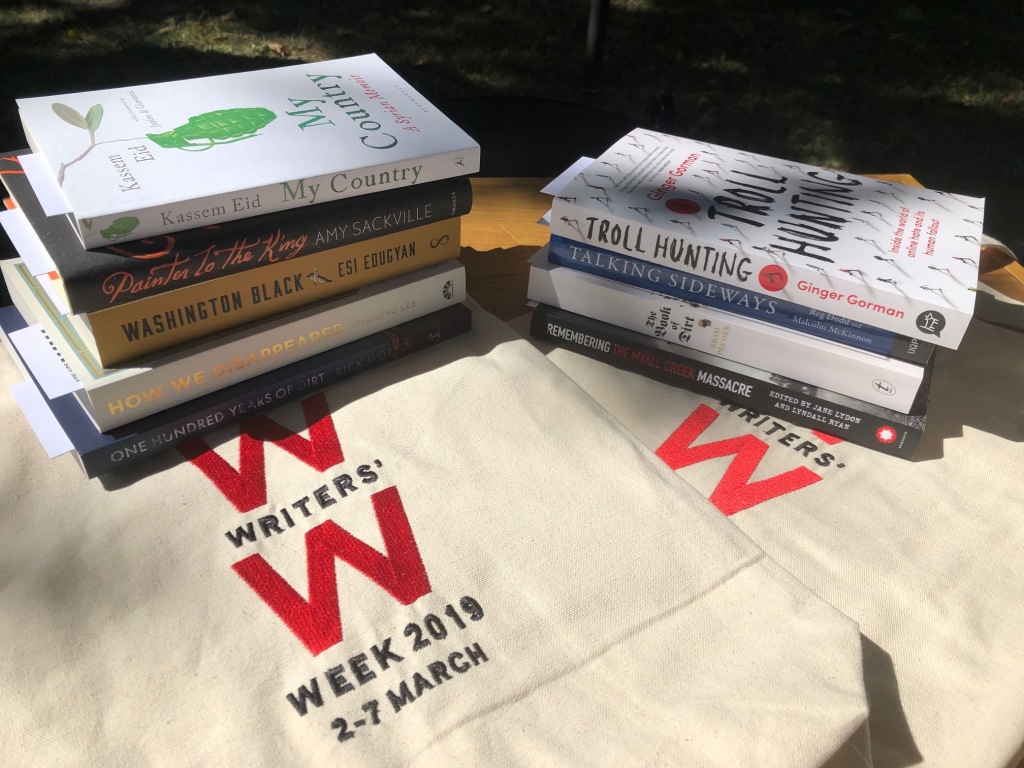
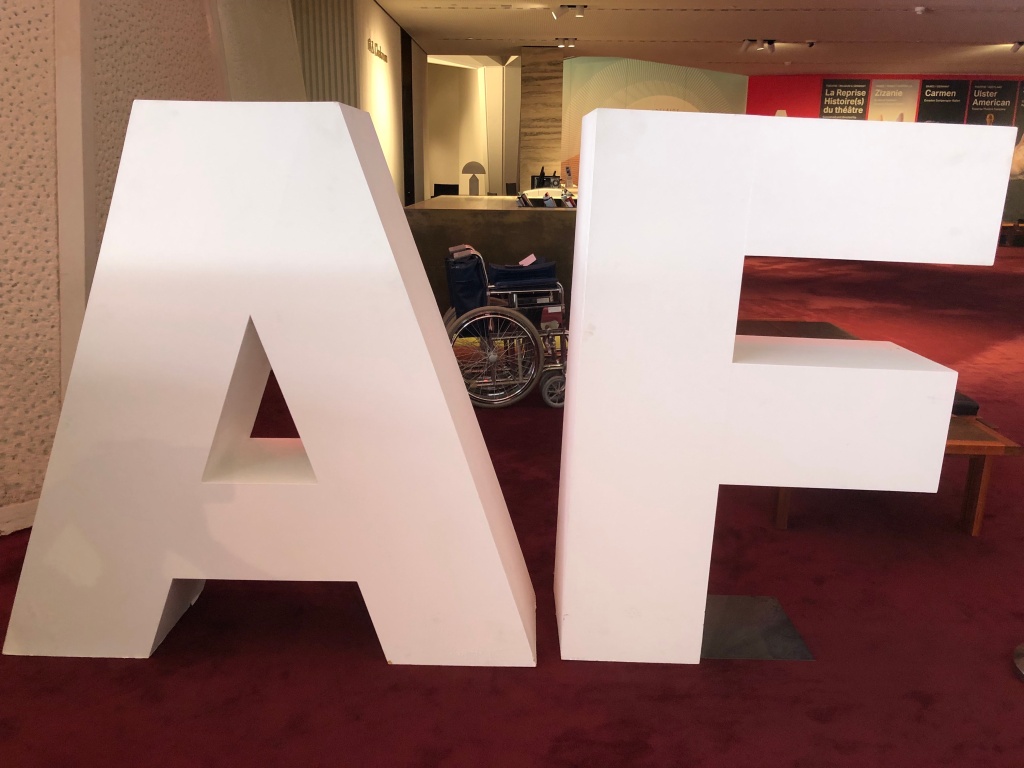
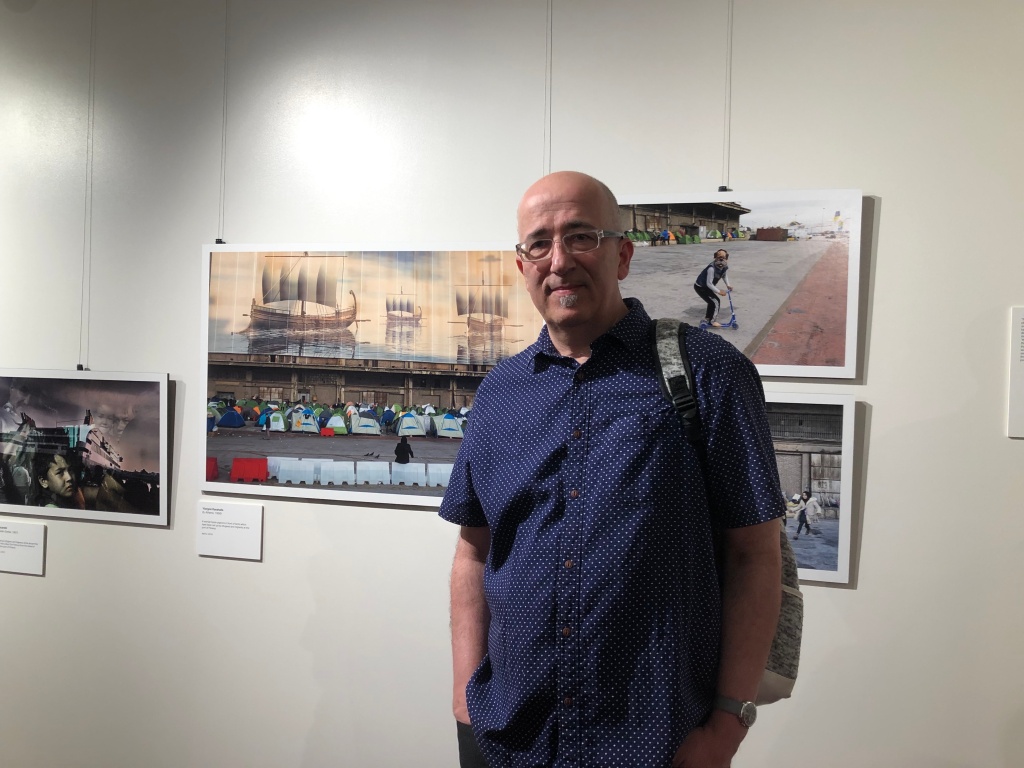
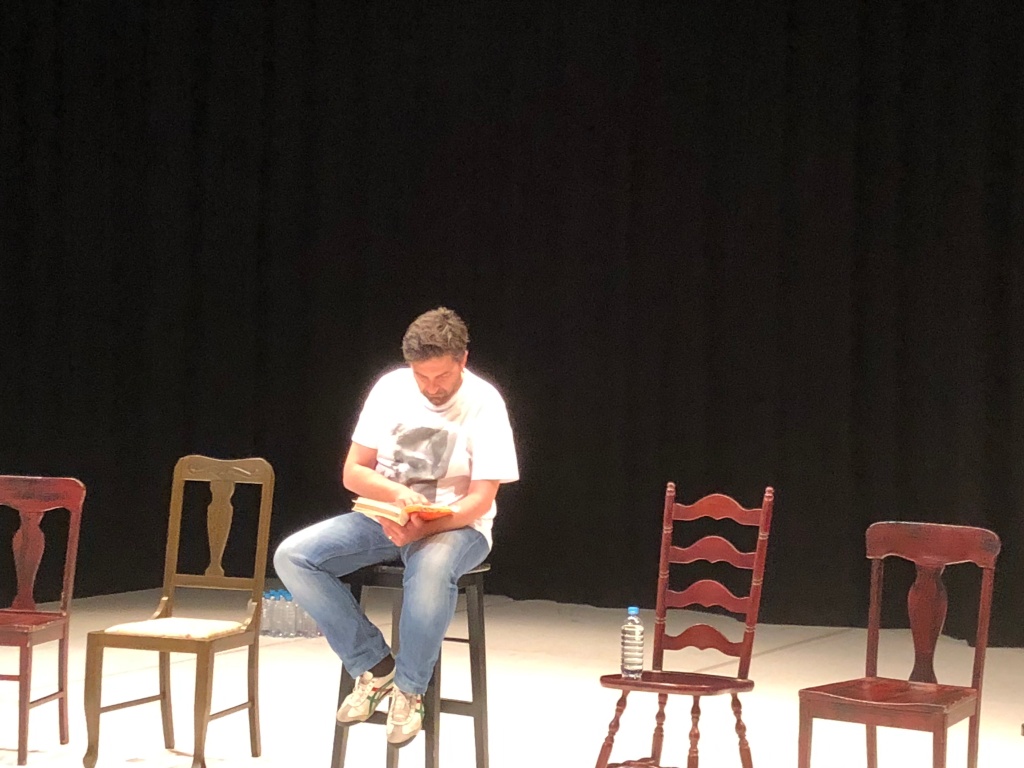
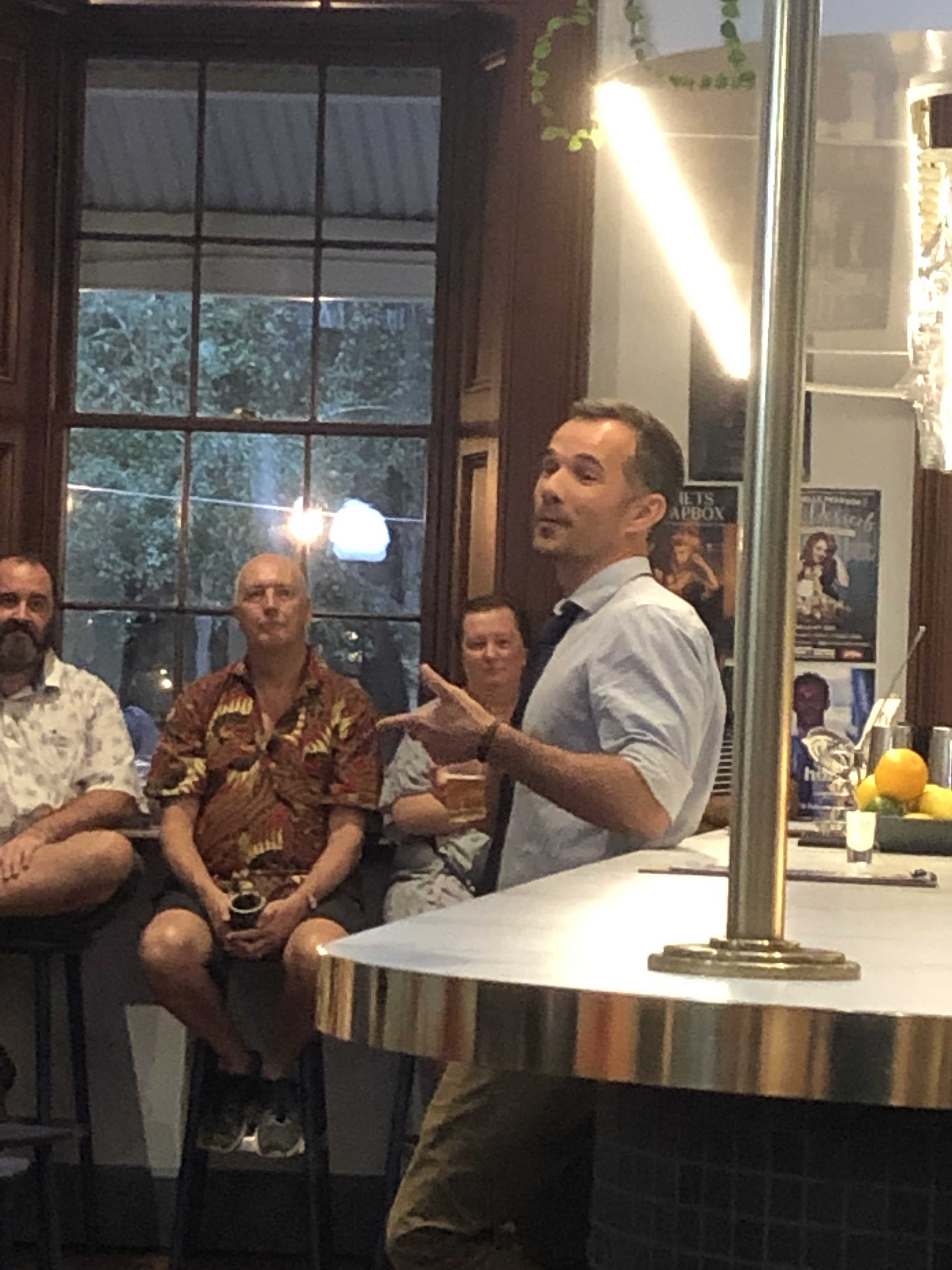 I suspect most of us have our moments in the workplace; whether it is our workloads, the boss who seems supremely unqualified to manage people, led alone their job, or the numbing paperwork requirements of HR.
I suspect most of us have our moments in the workplace; whether it is our workloads, the boss who seems supremely unqualified to manage people, led alone their job, or the numbing paperwork requirements of HR.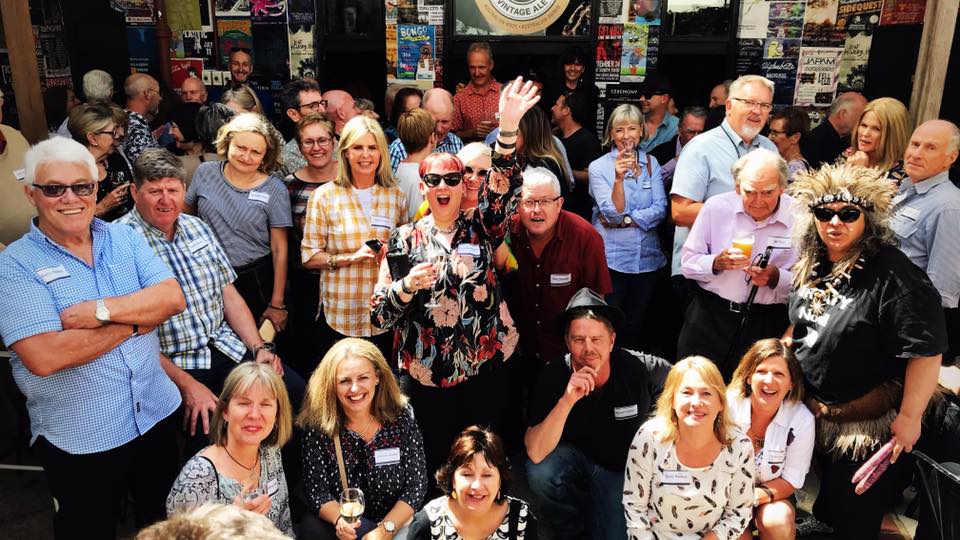
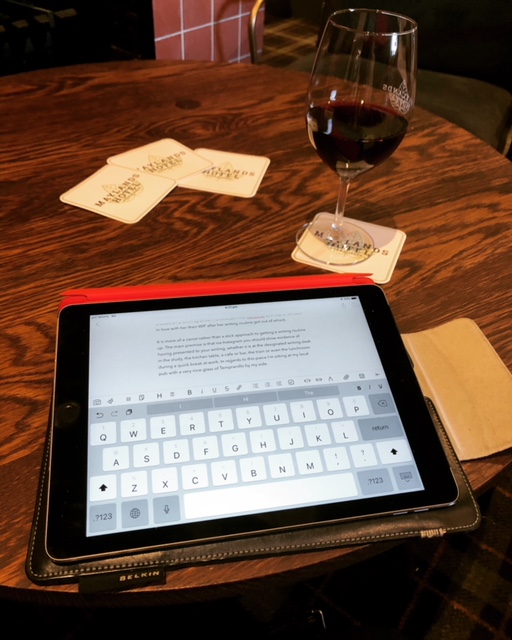
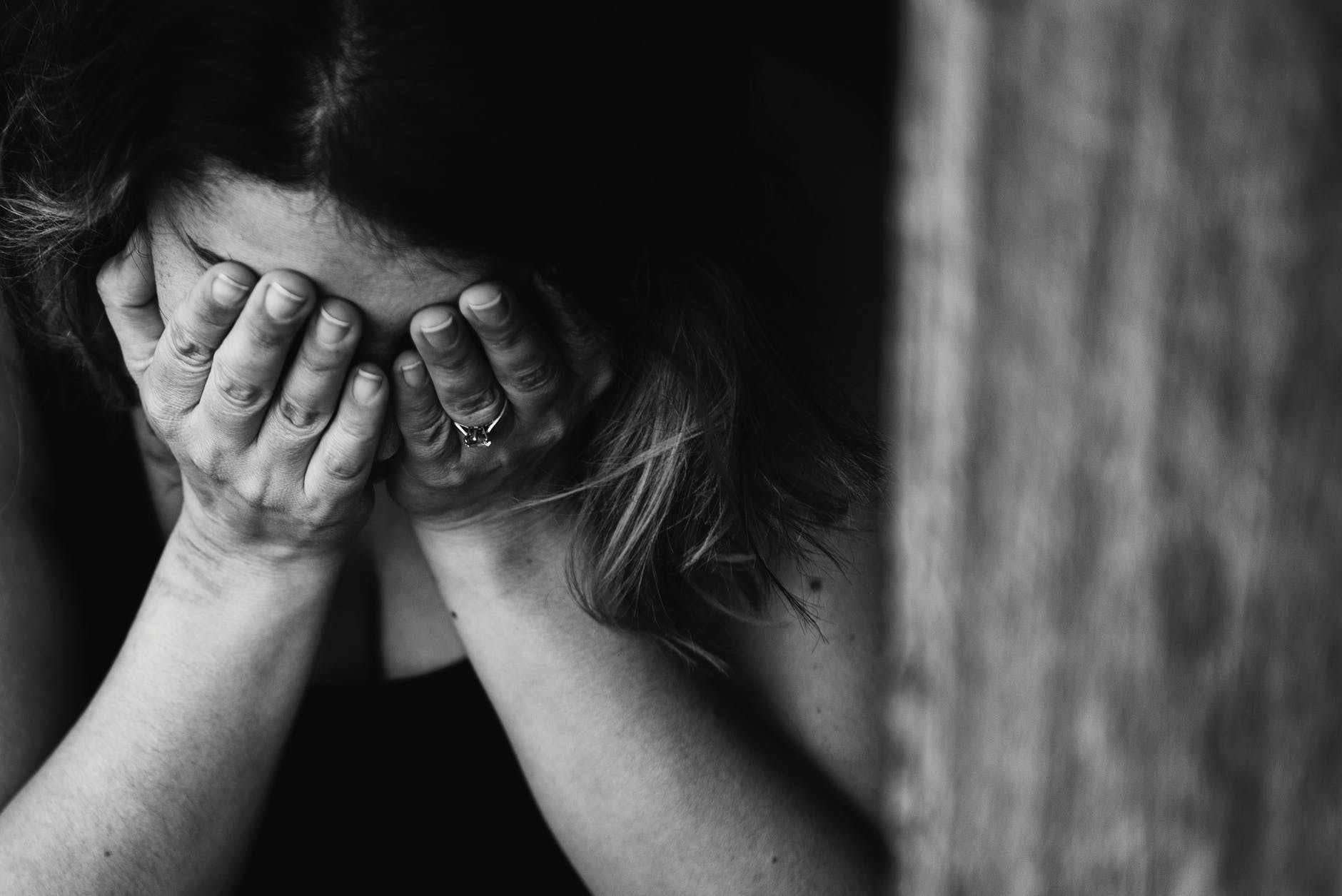
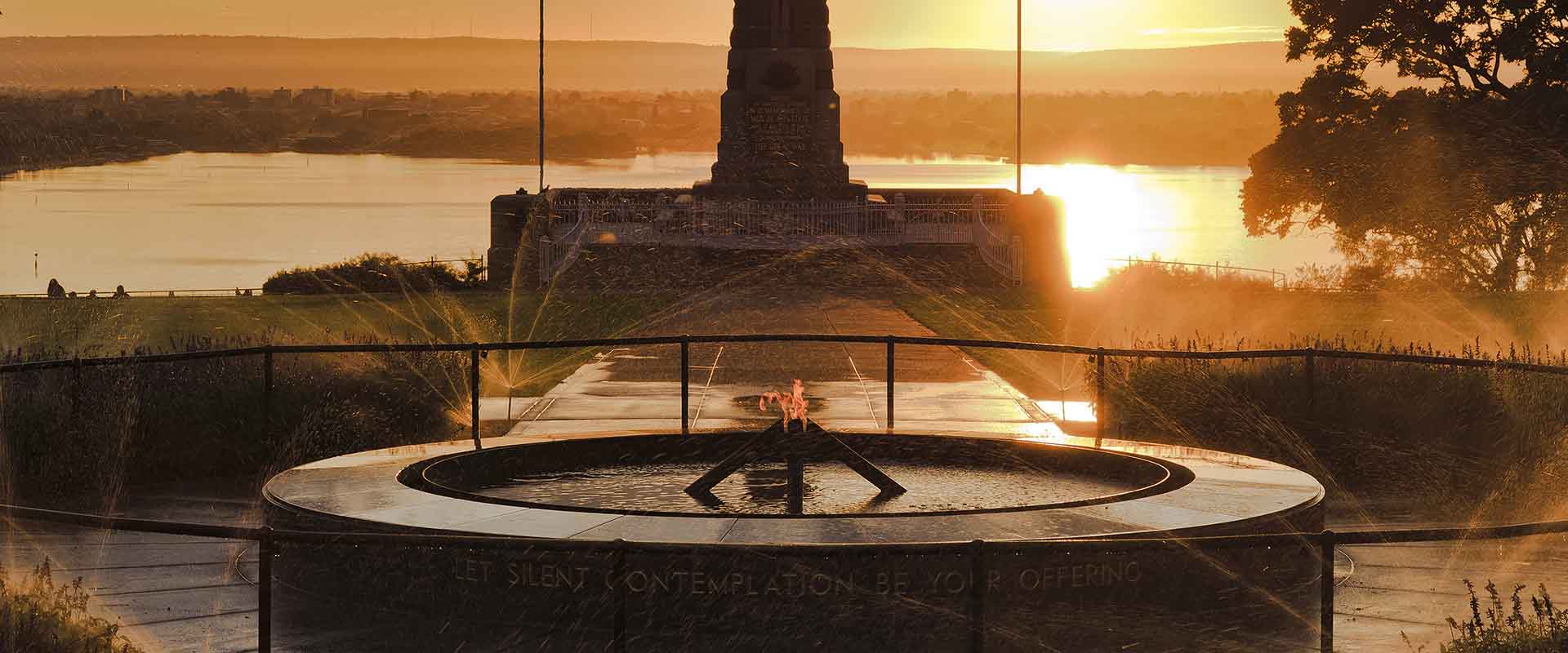
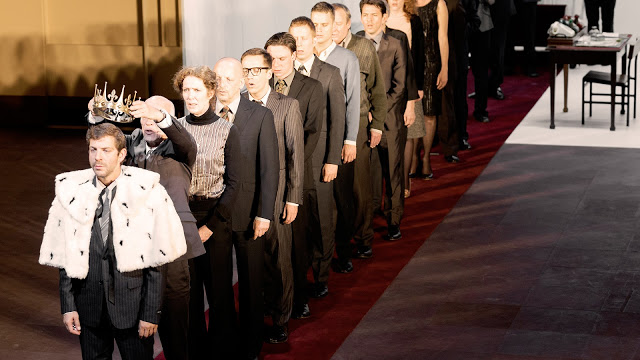 Shakespeare productions come and go but Toneelgroep Amsterdam’s production of Kings of War, surpasses everything I have ever seen to date featuring the Bard’s words.
Shakespeare productions come and go but Toneelgroep Amsterdam’s production of Kings of War, surpasses everything I have ever seen to date featuring the Bard’s words.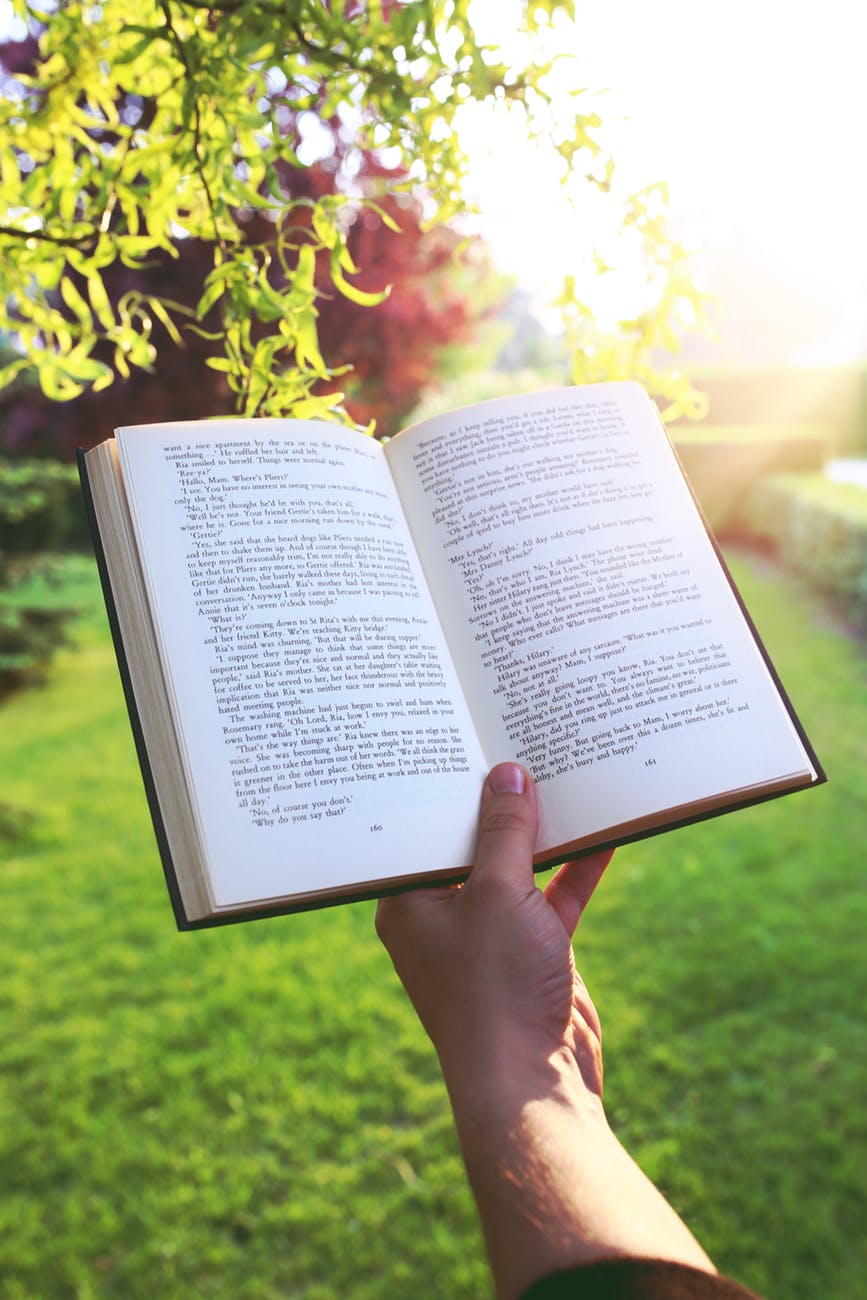 Writing time remains unfortunately as elusive as ever while work continues to be all encompassing, sucking up any chance not only for writing but also for reading.
Writing time remains unfortunately as elusive as ever while work continues to be all encompassing, sucking up any chance not only for writing but also for reading.